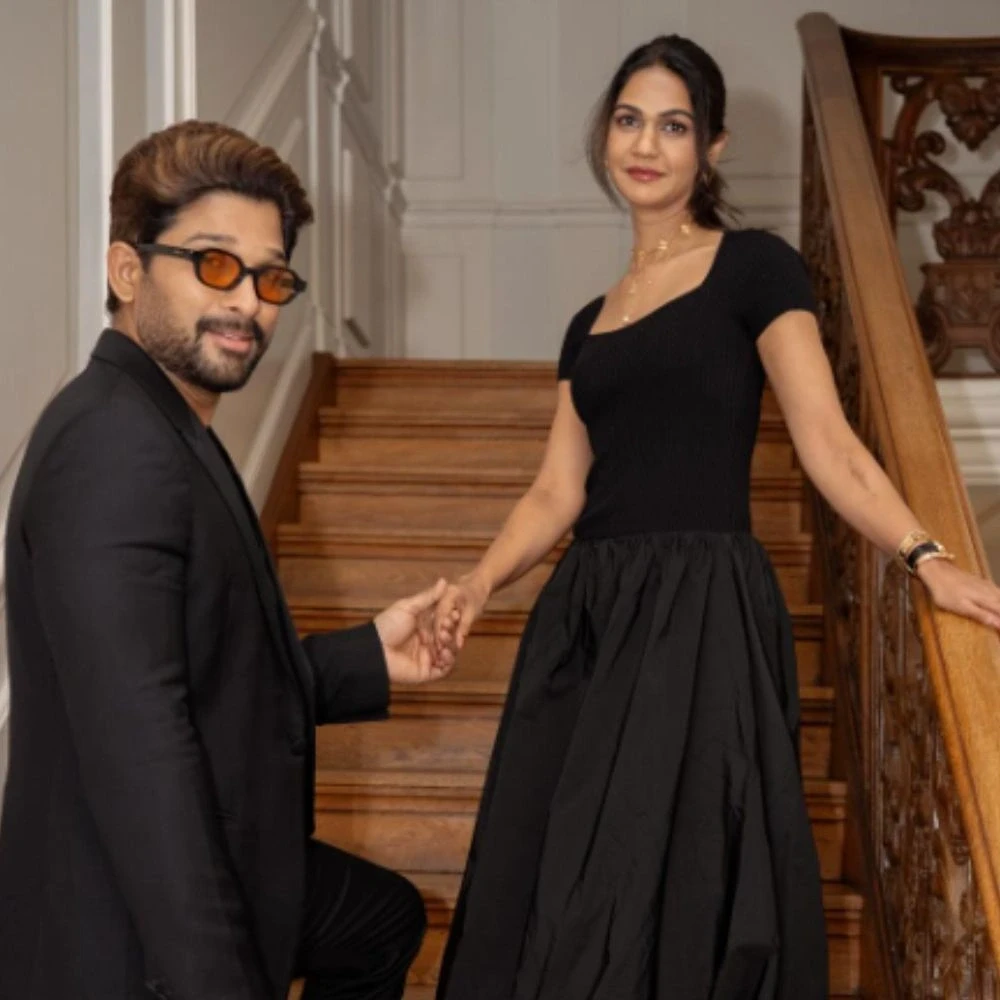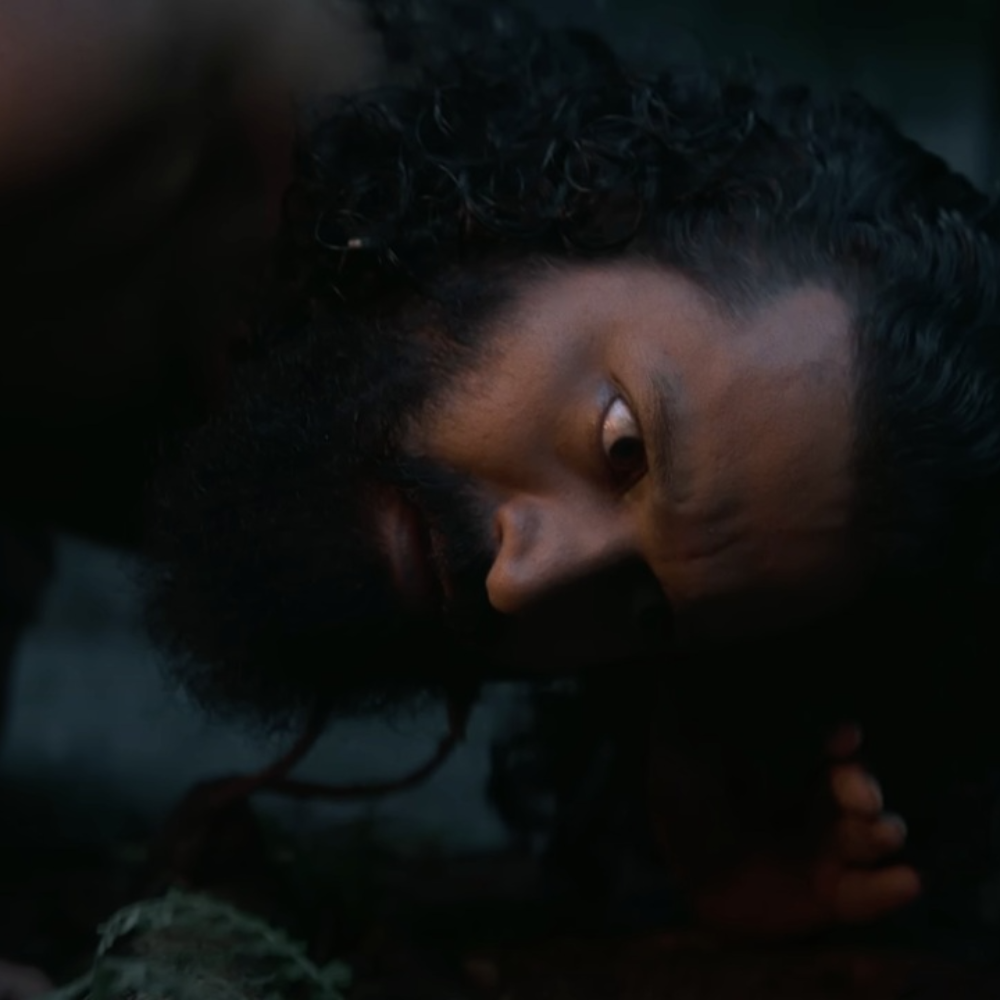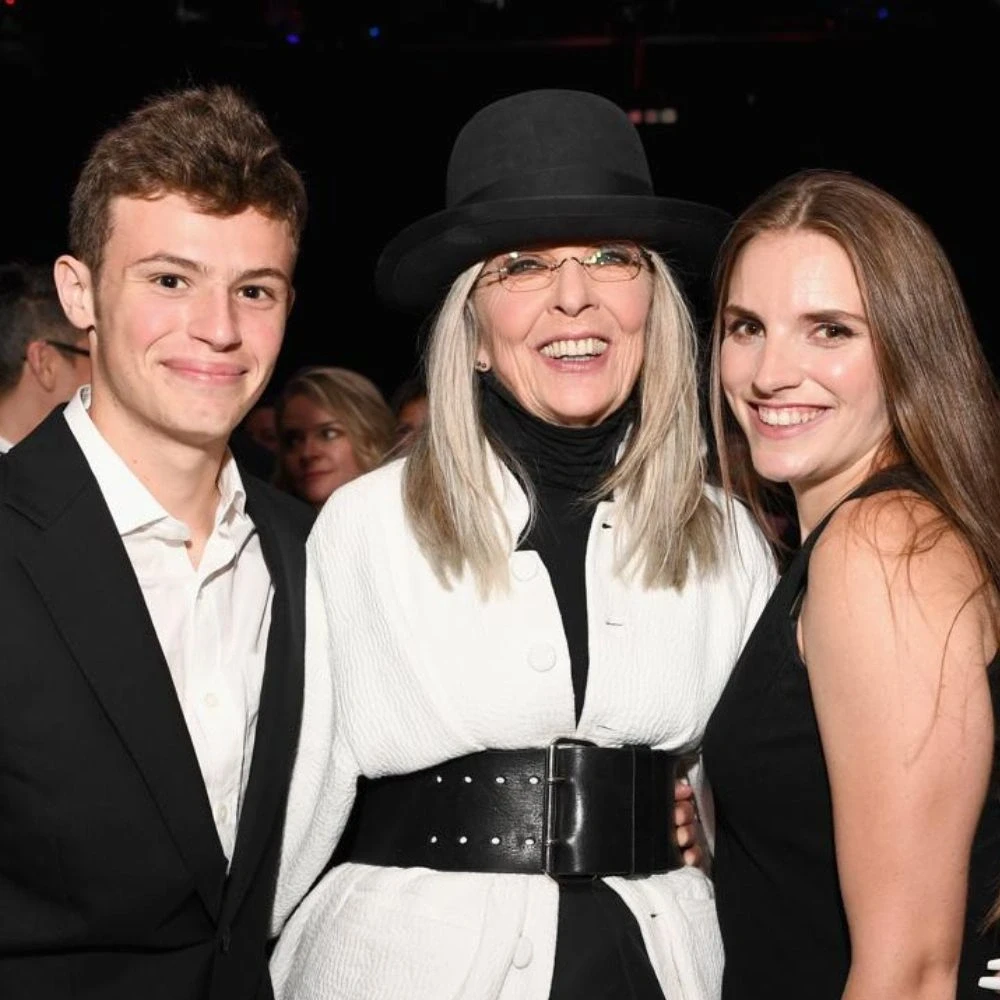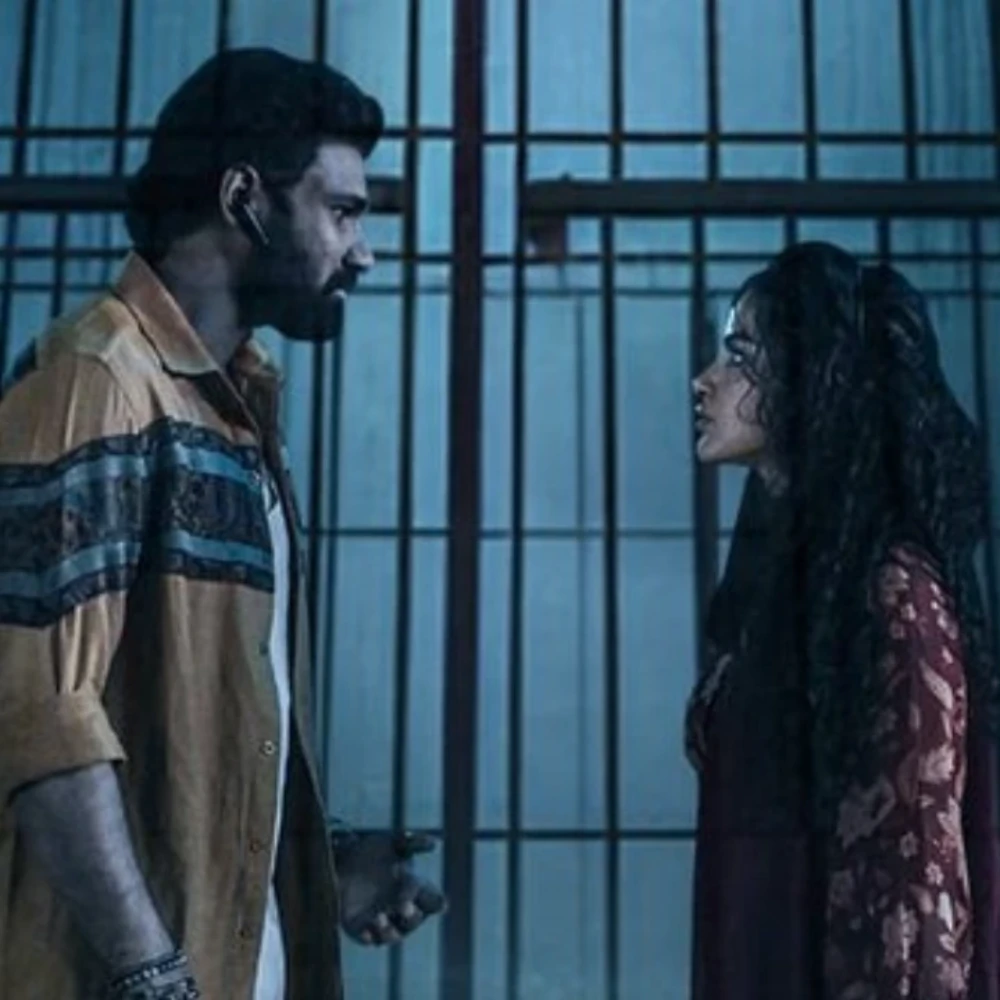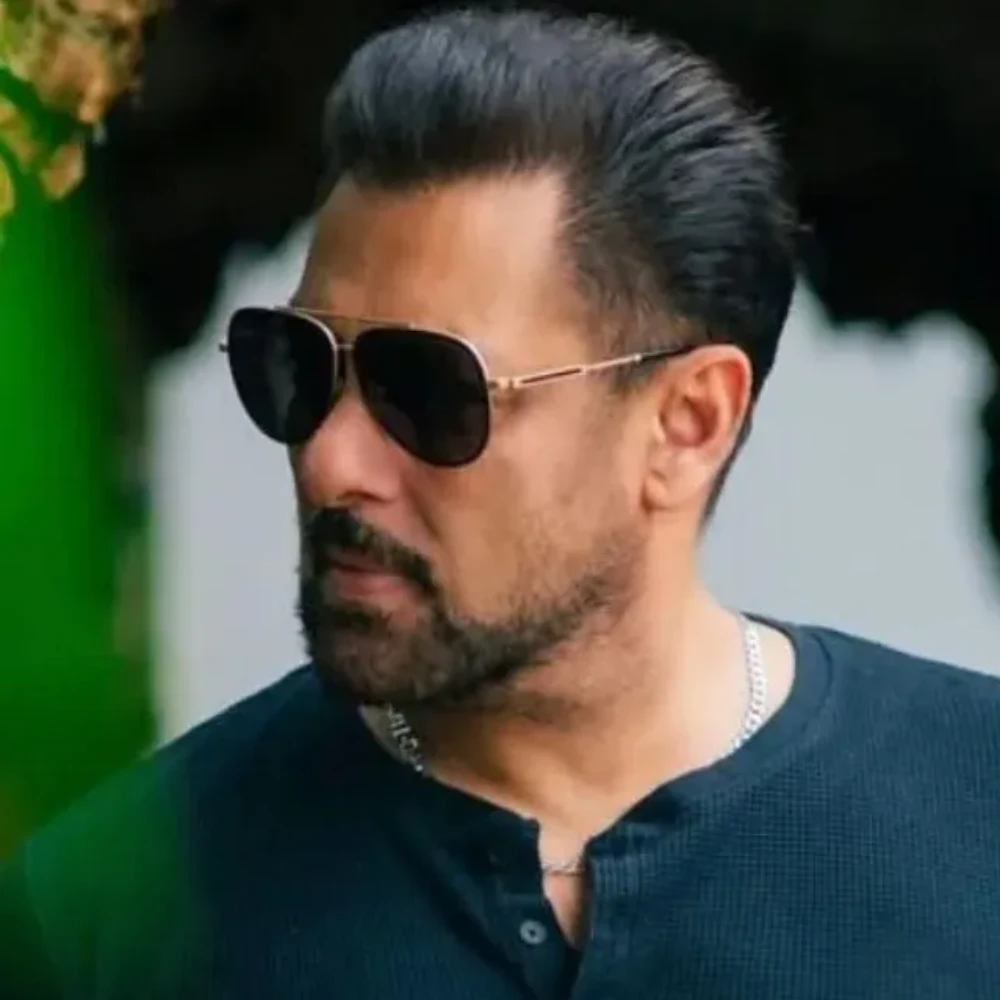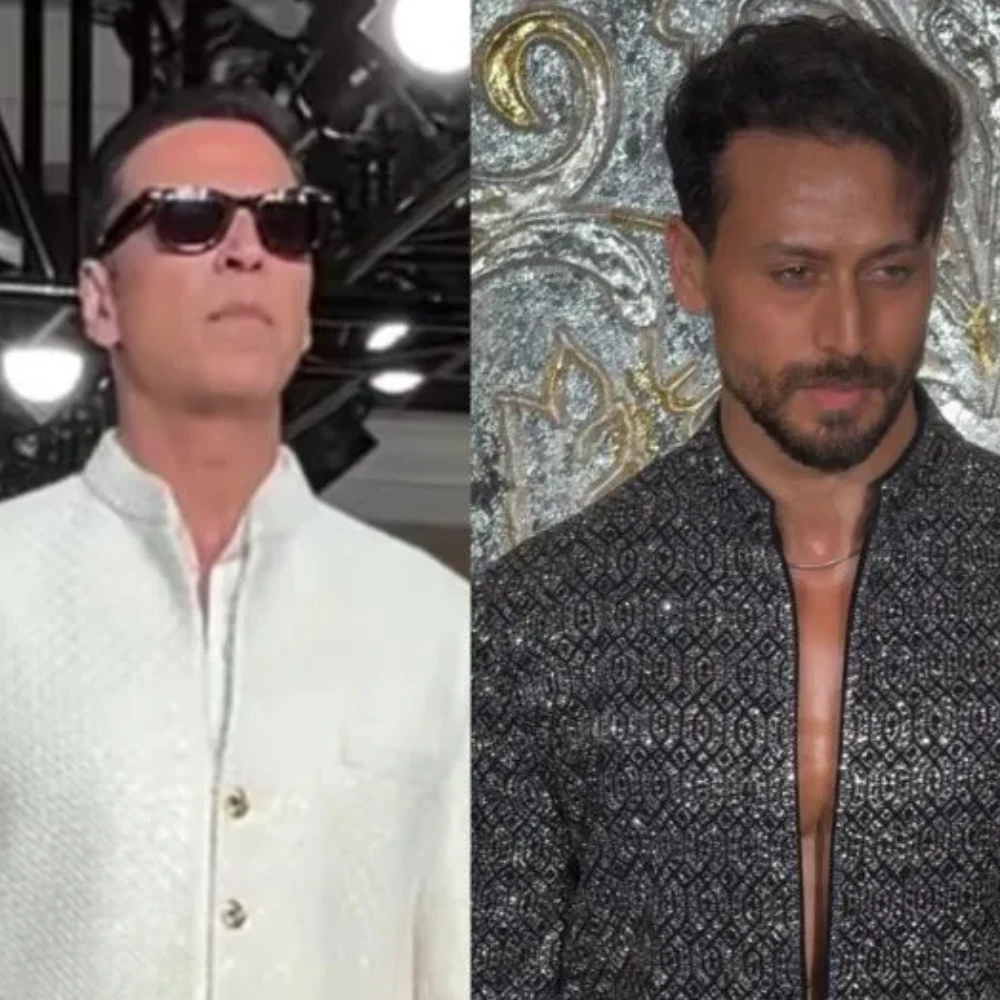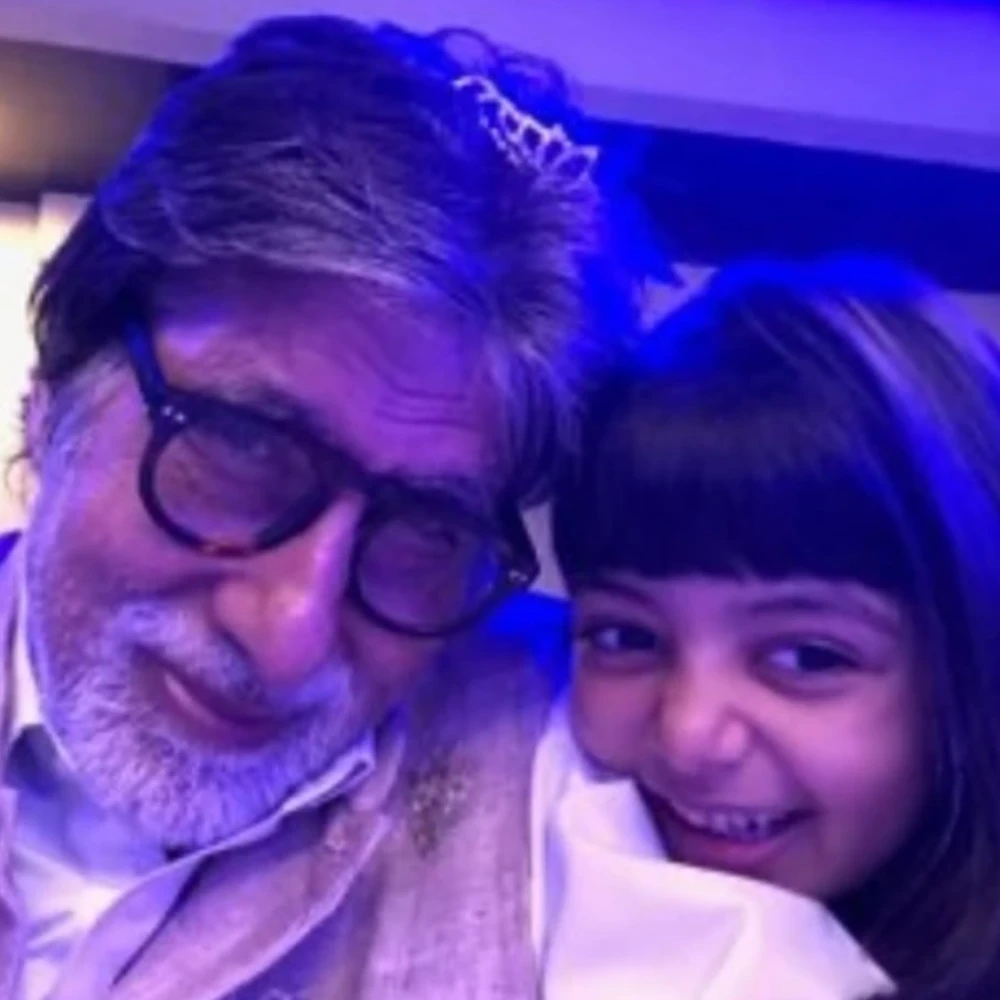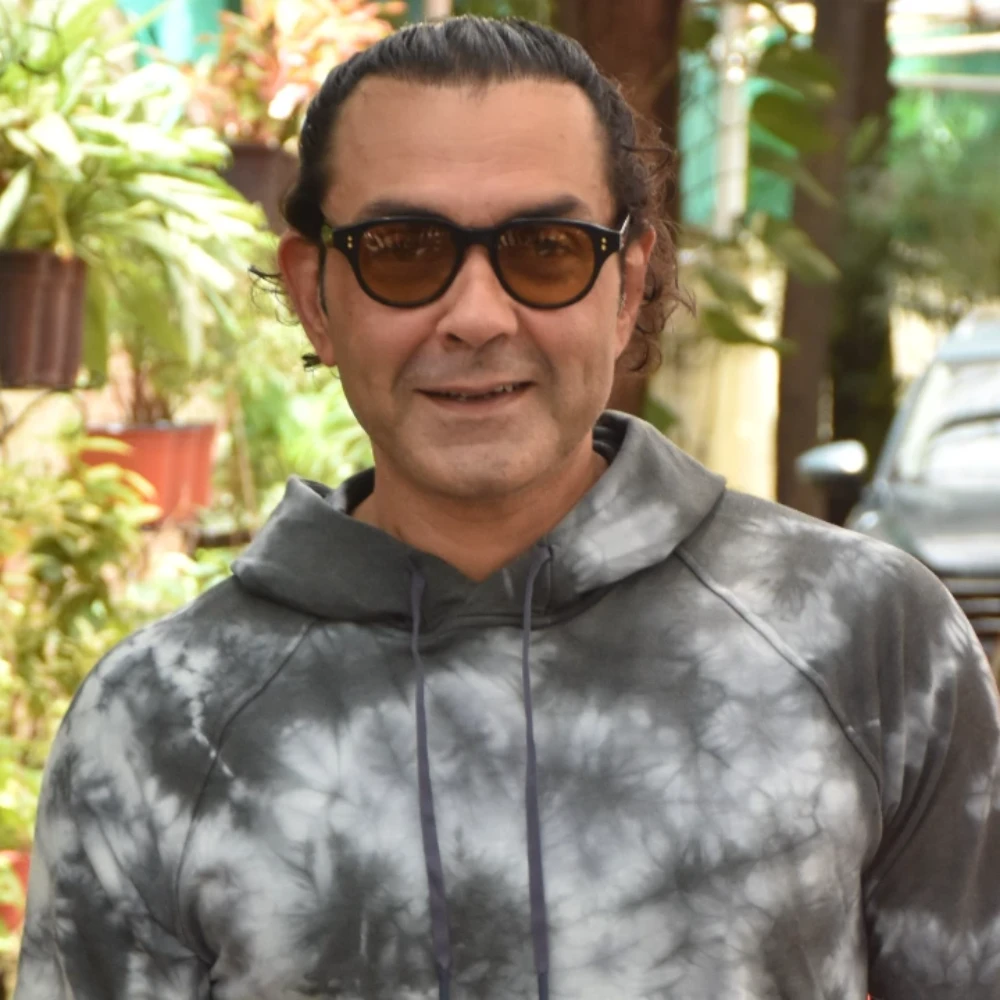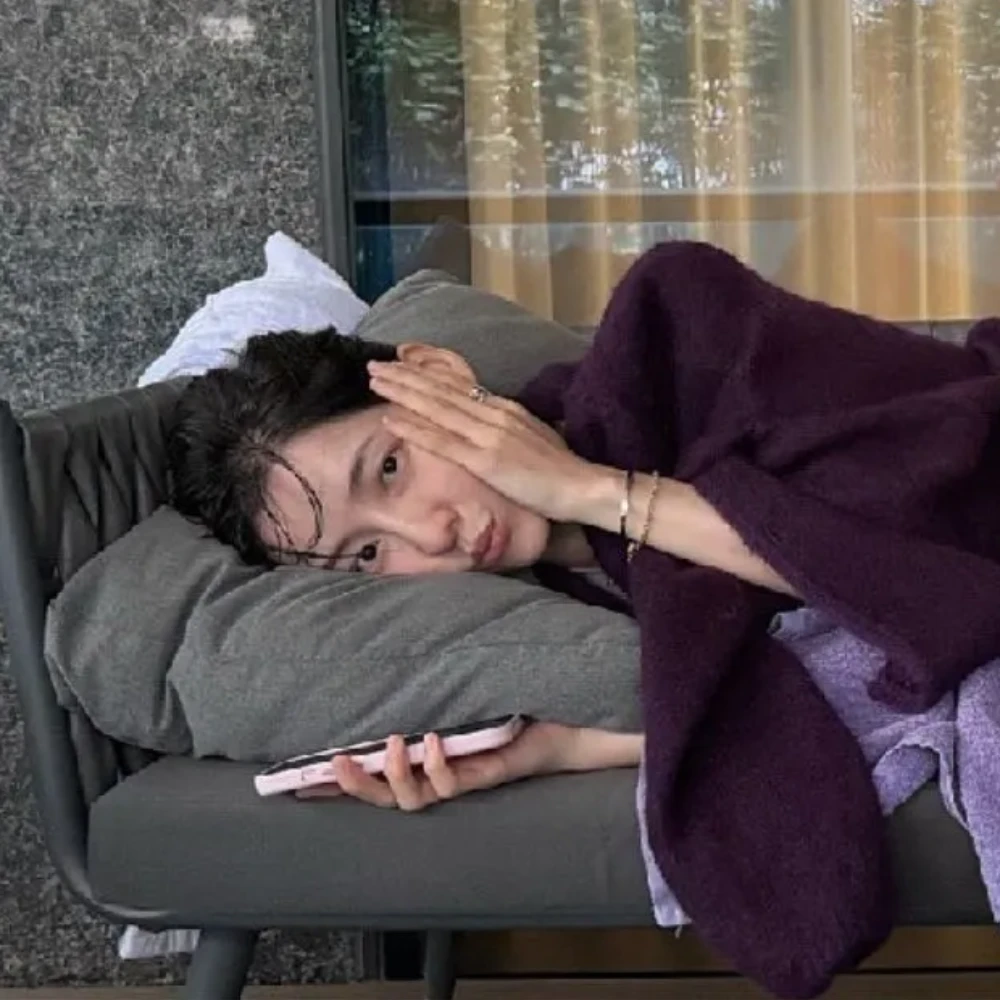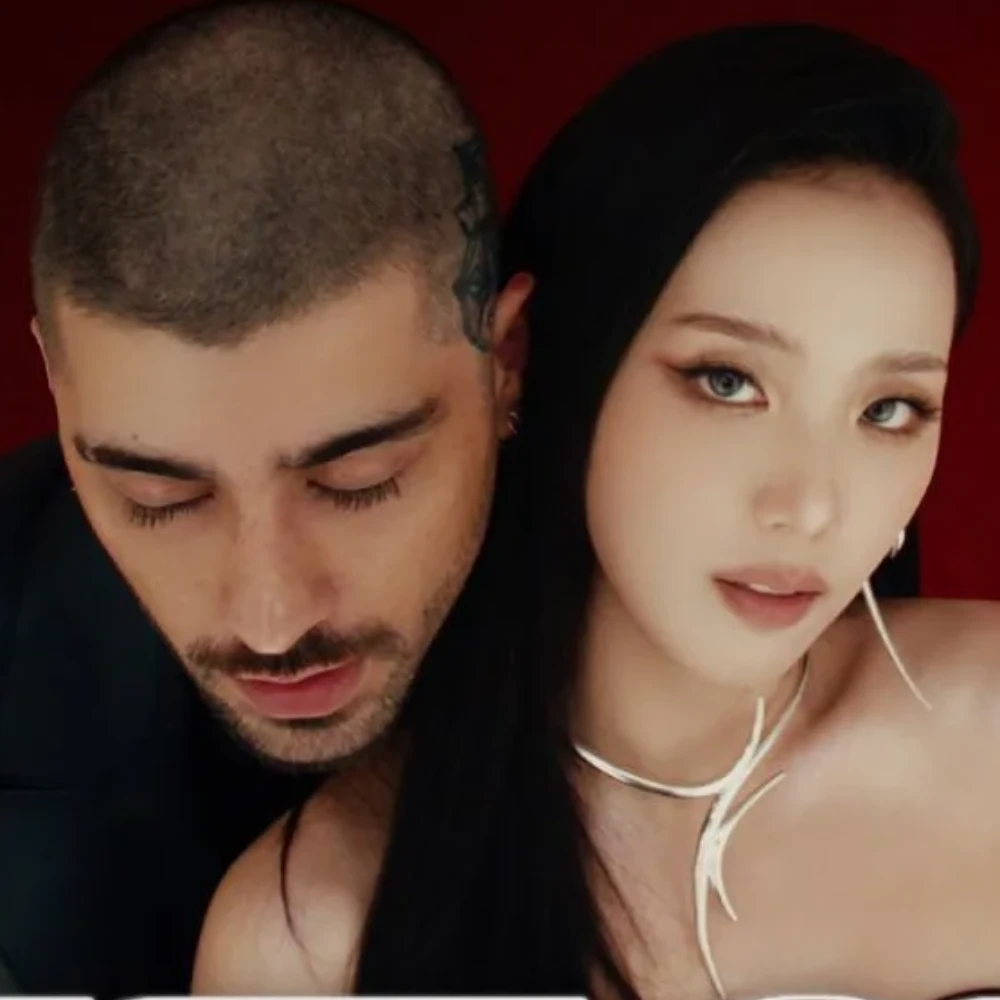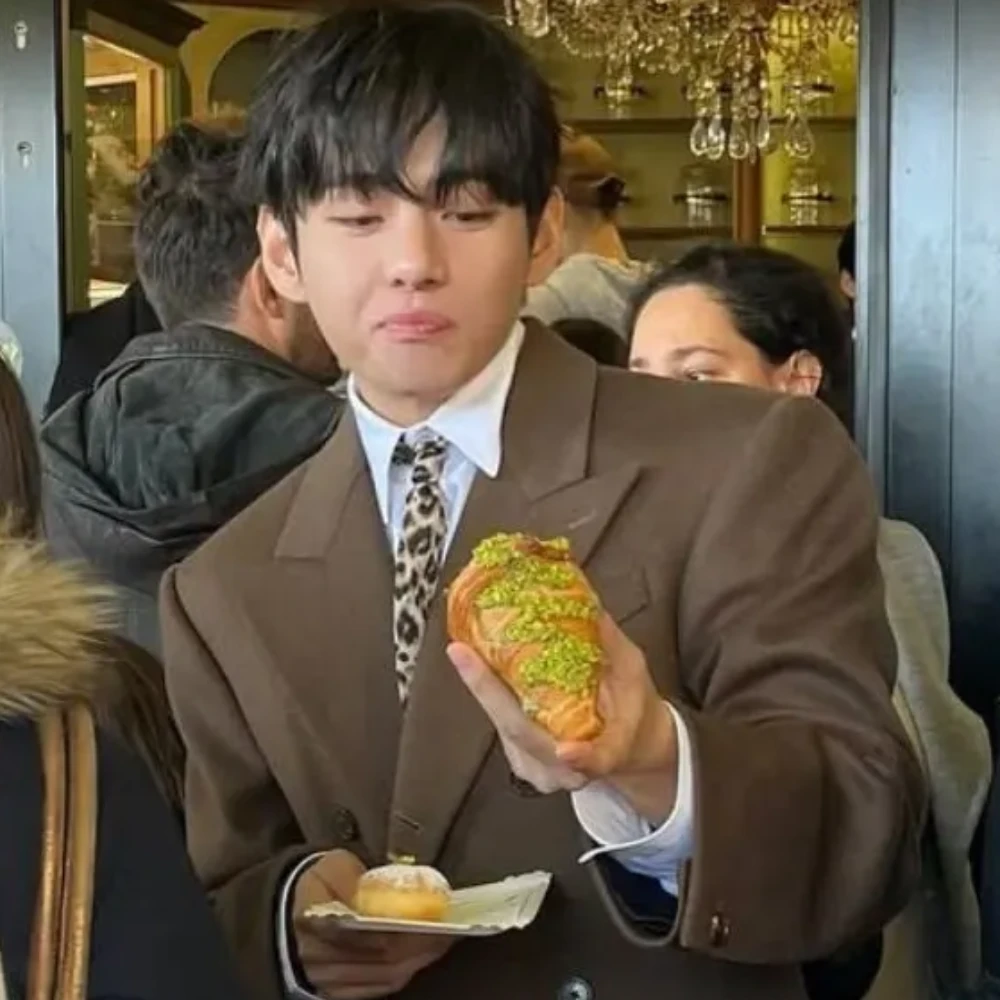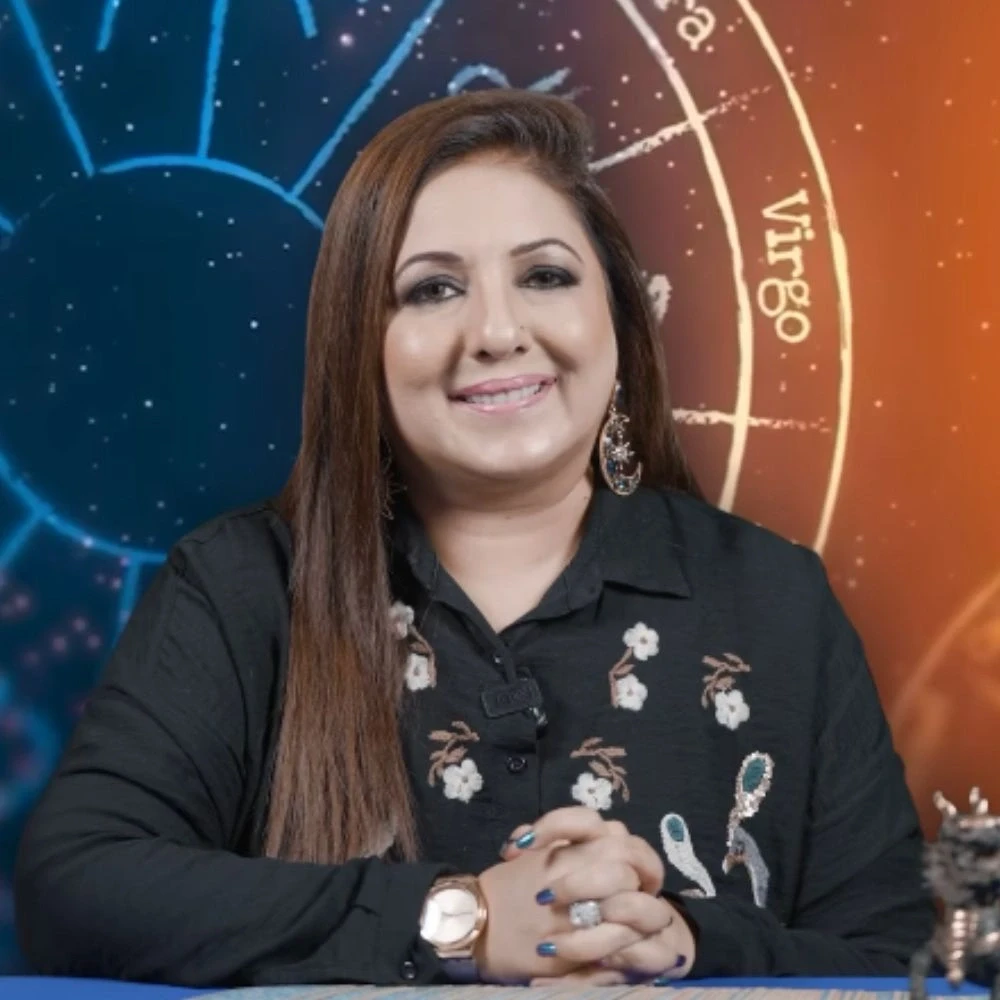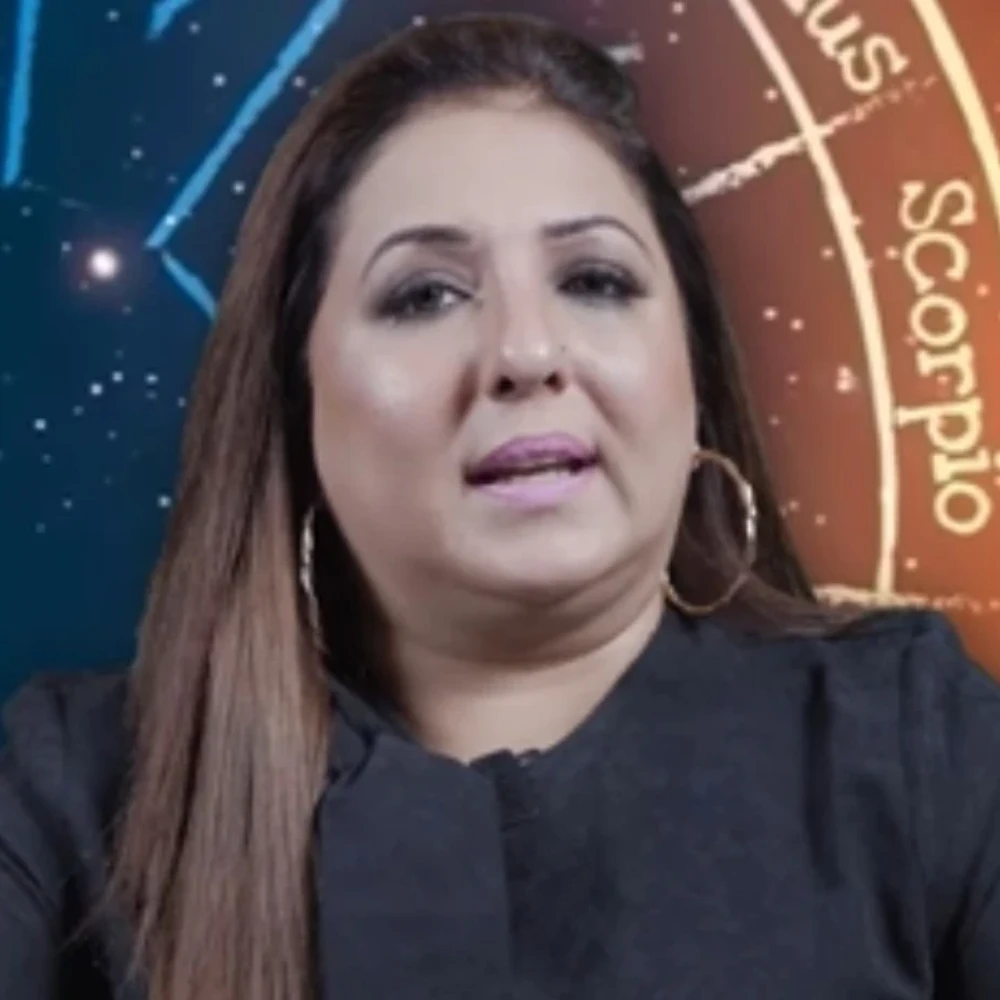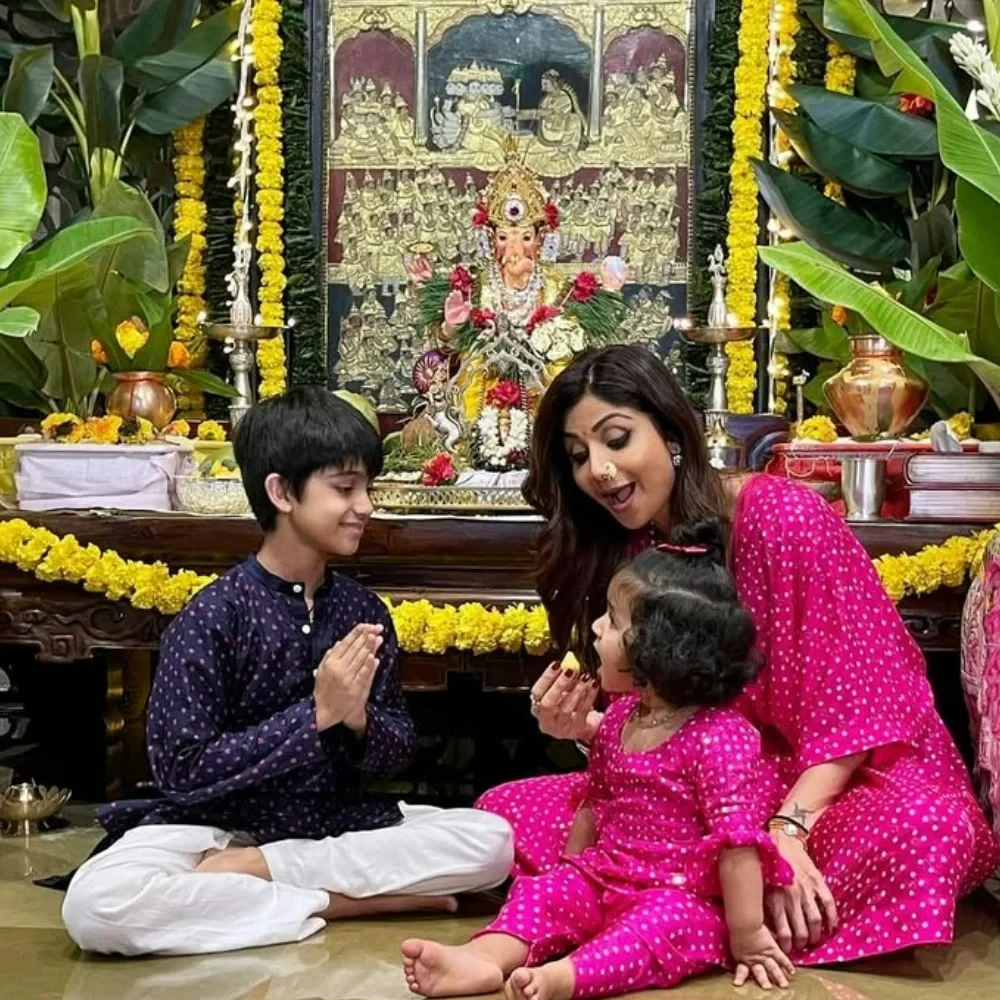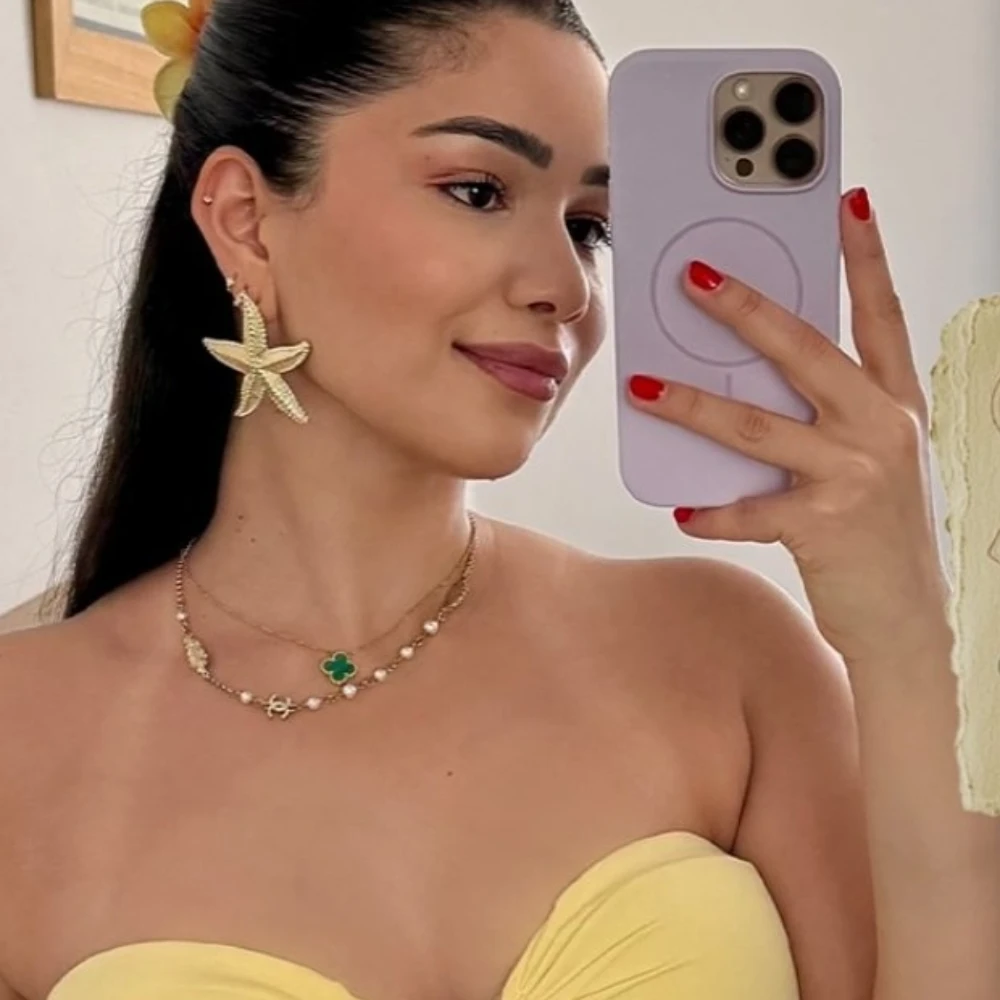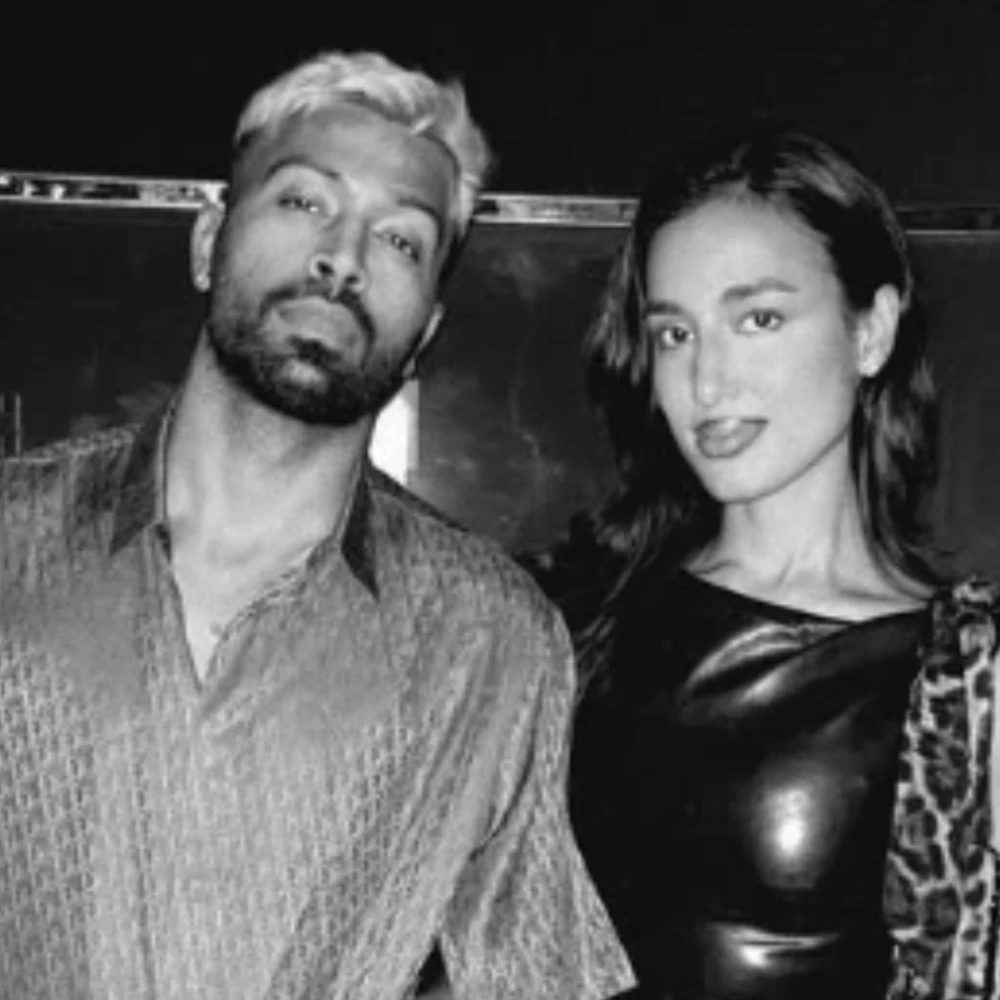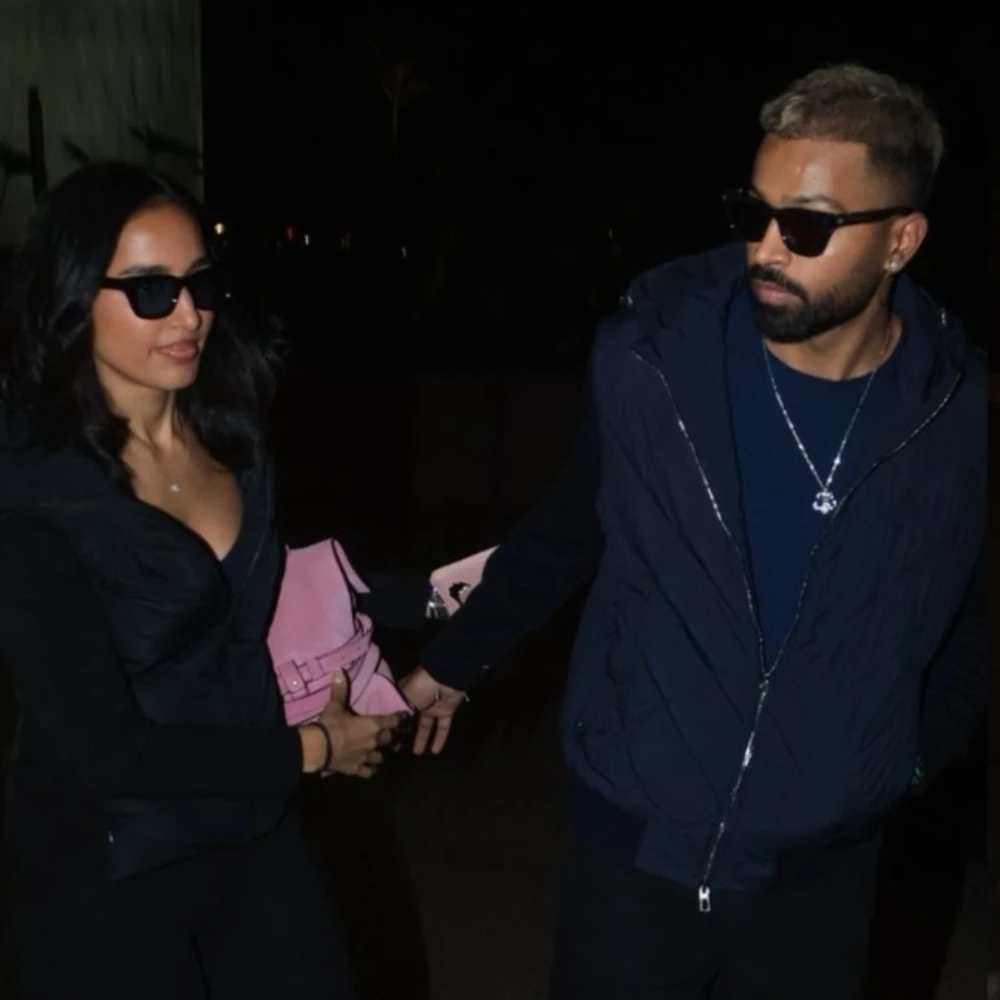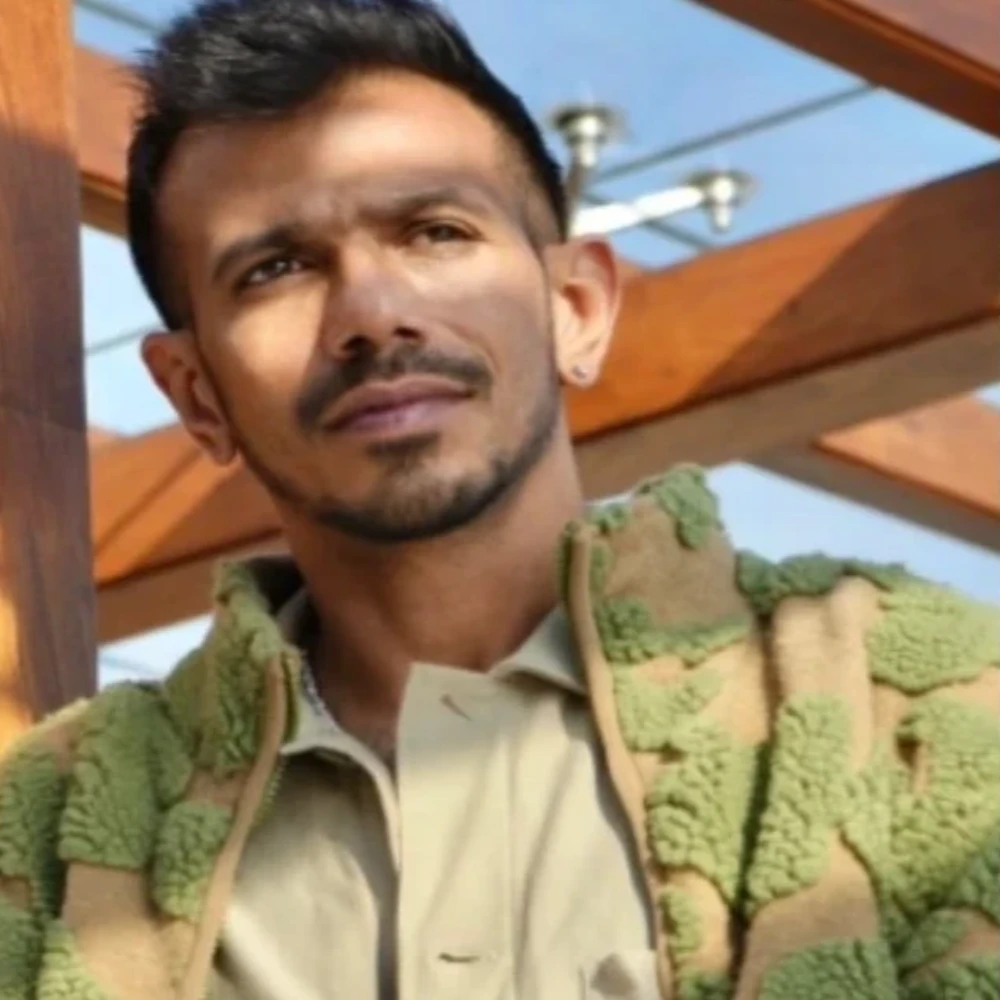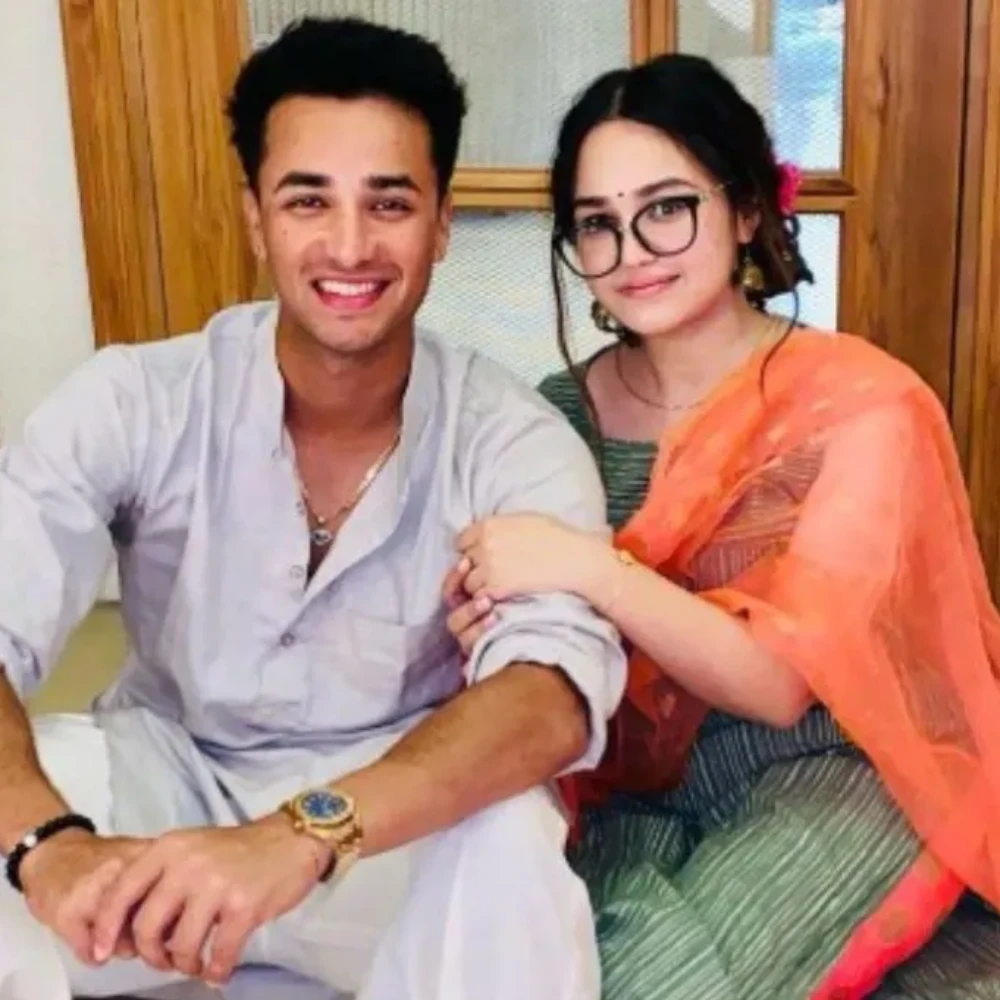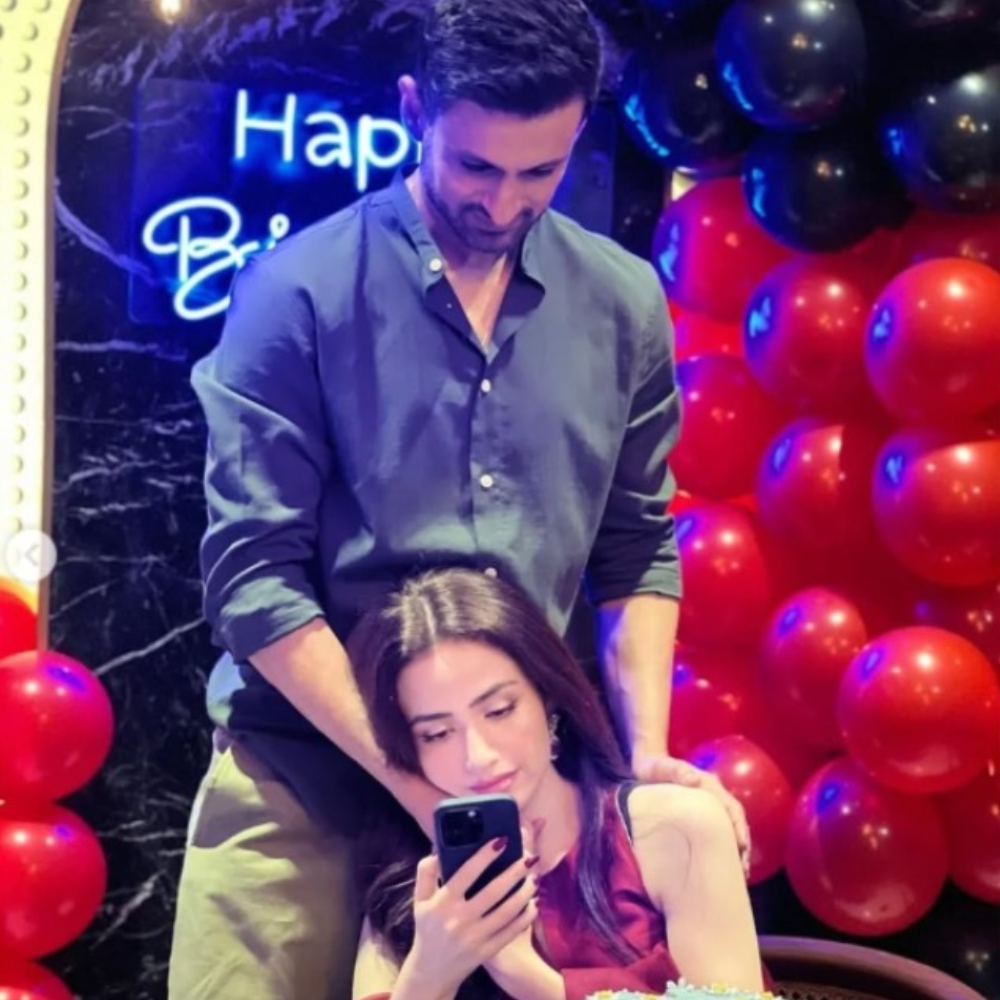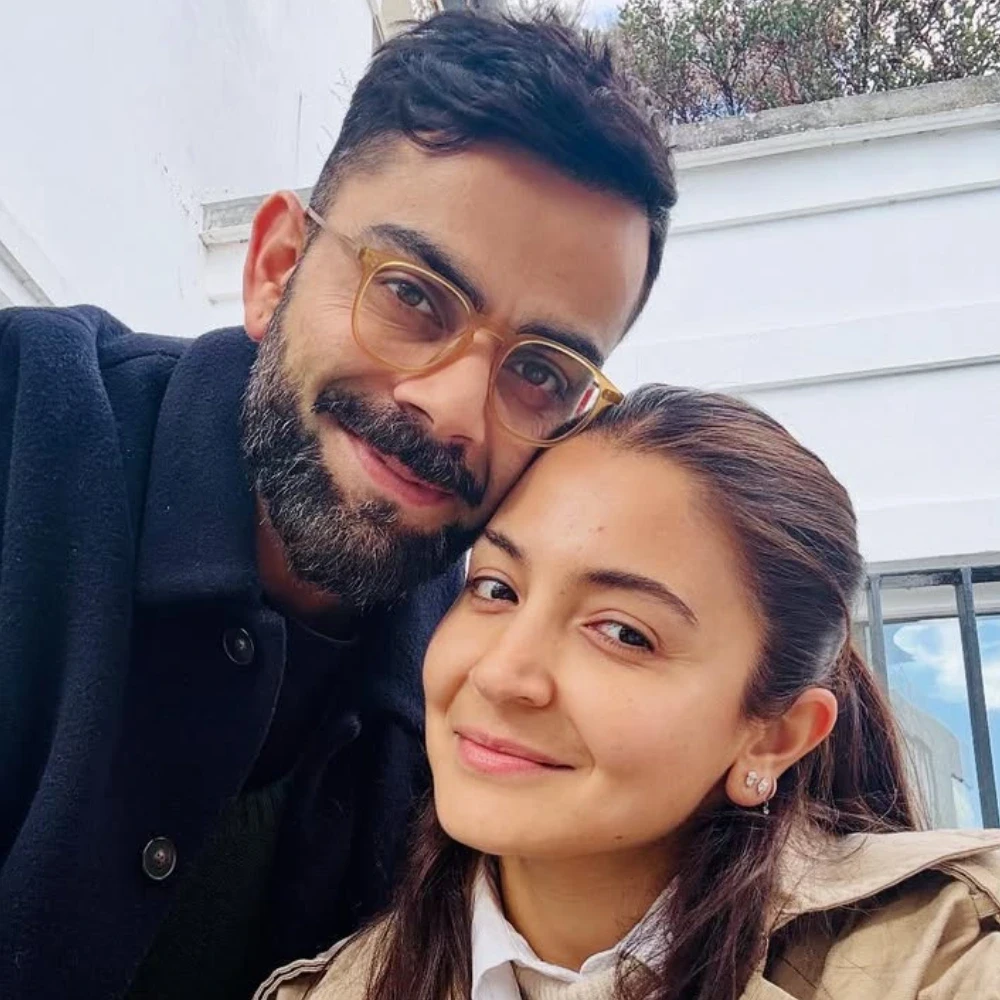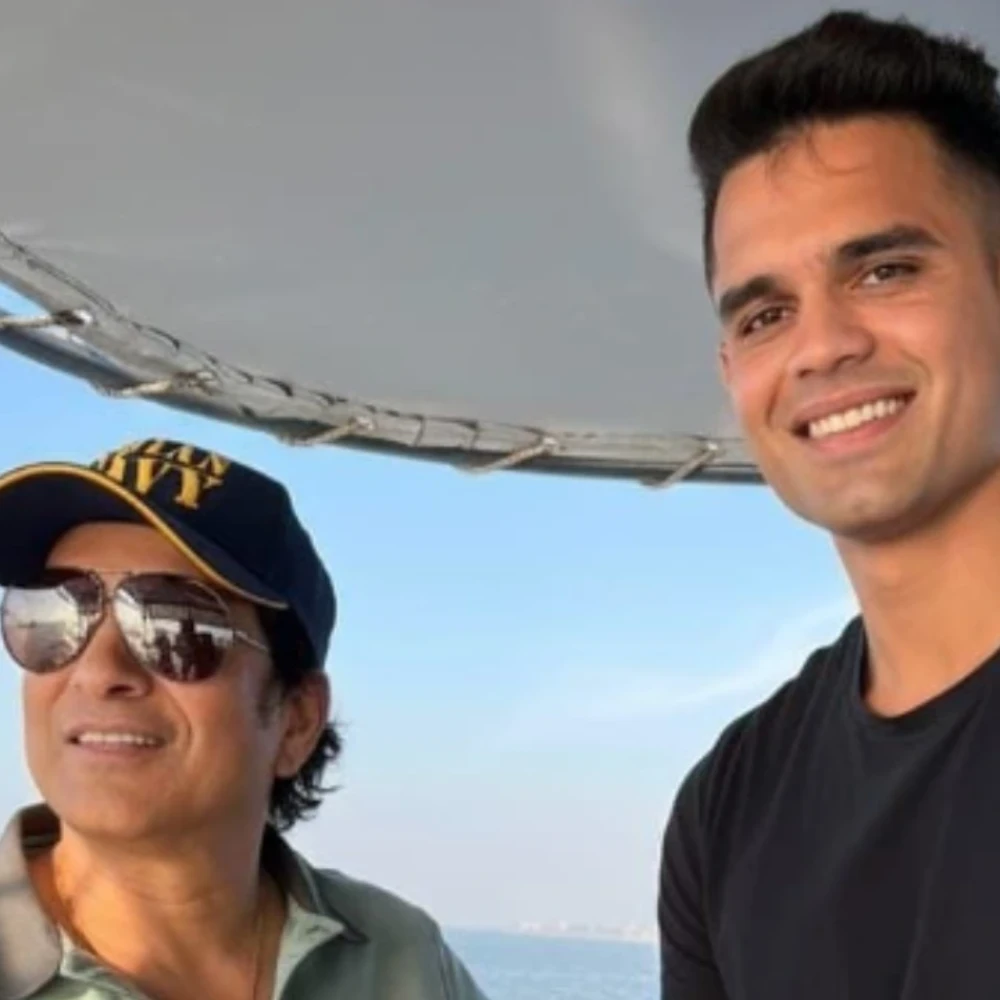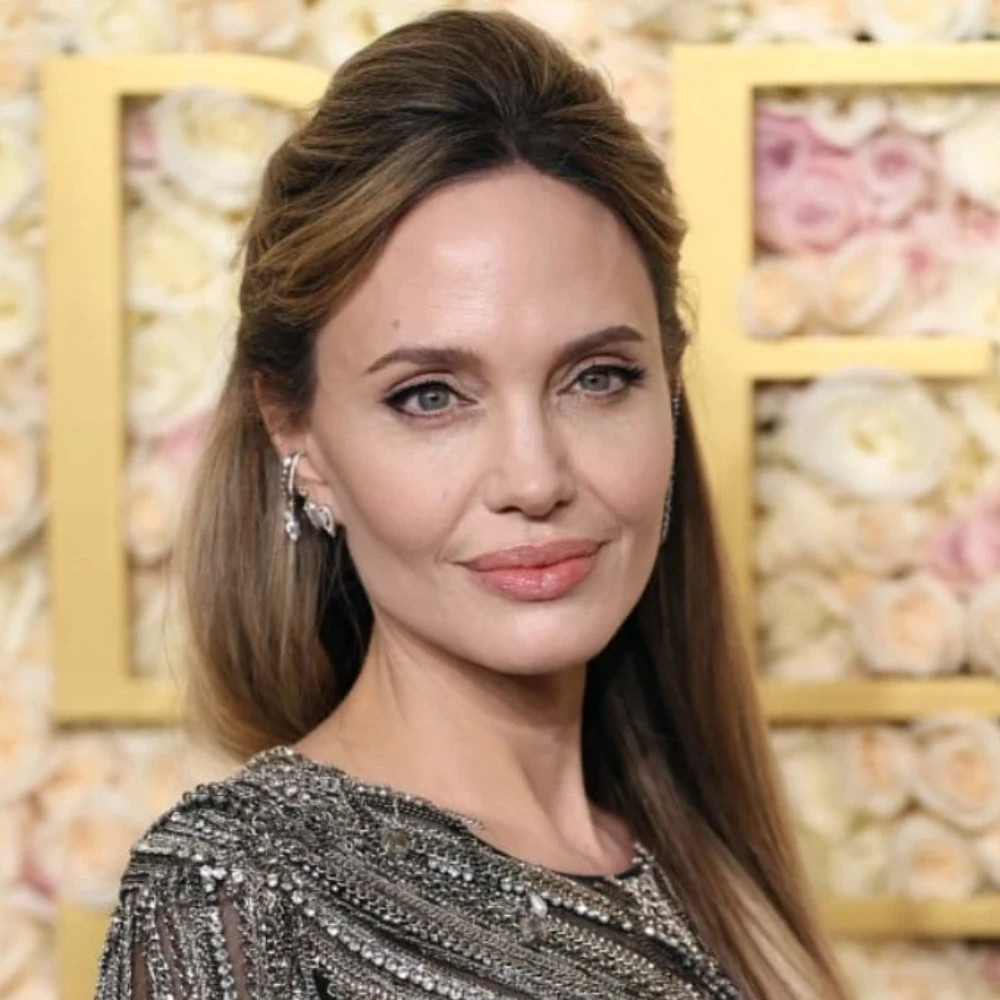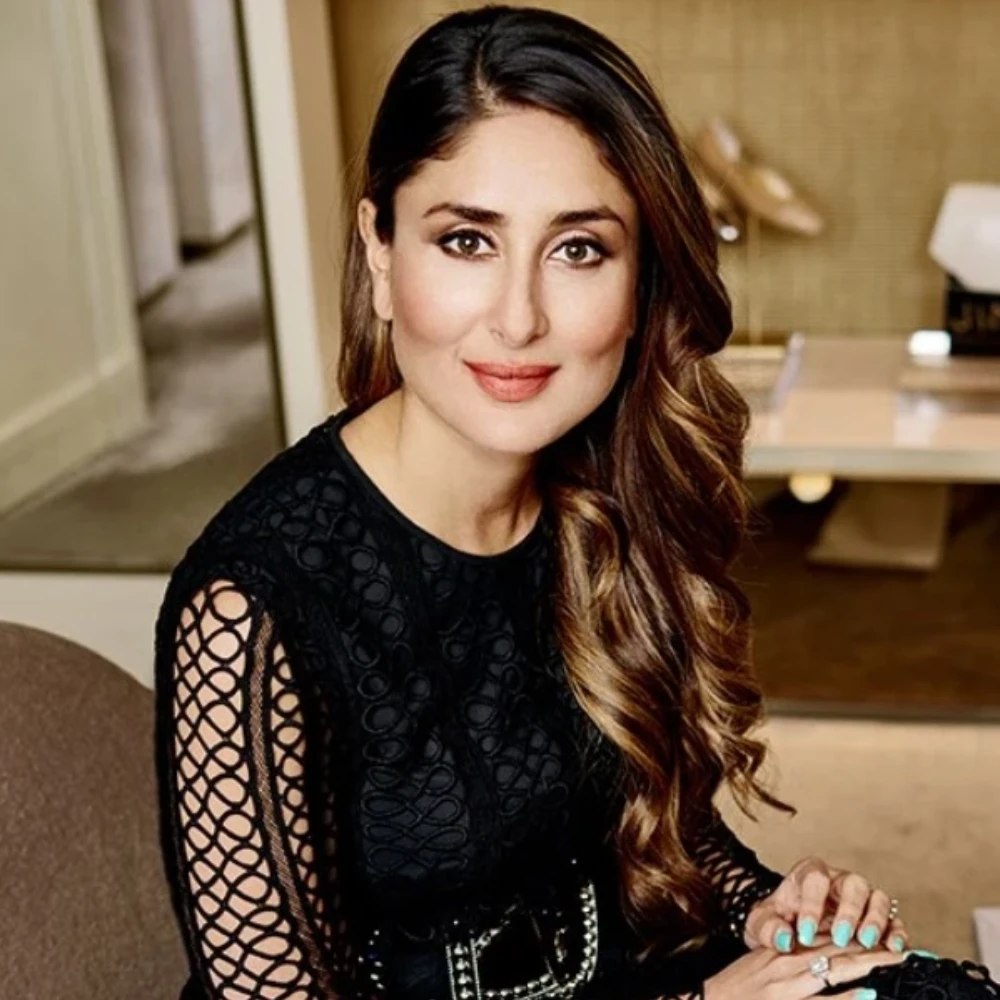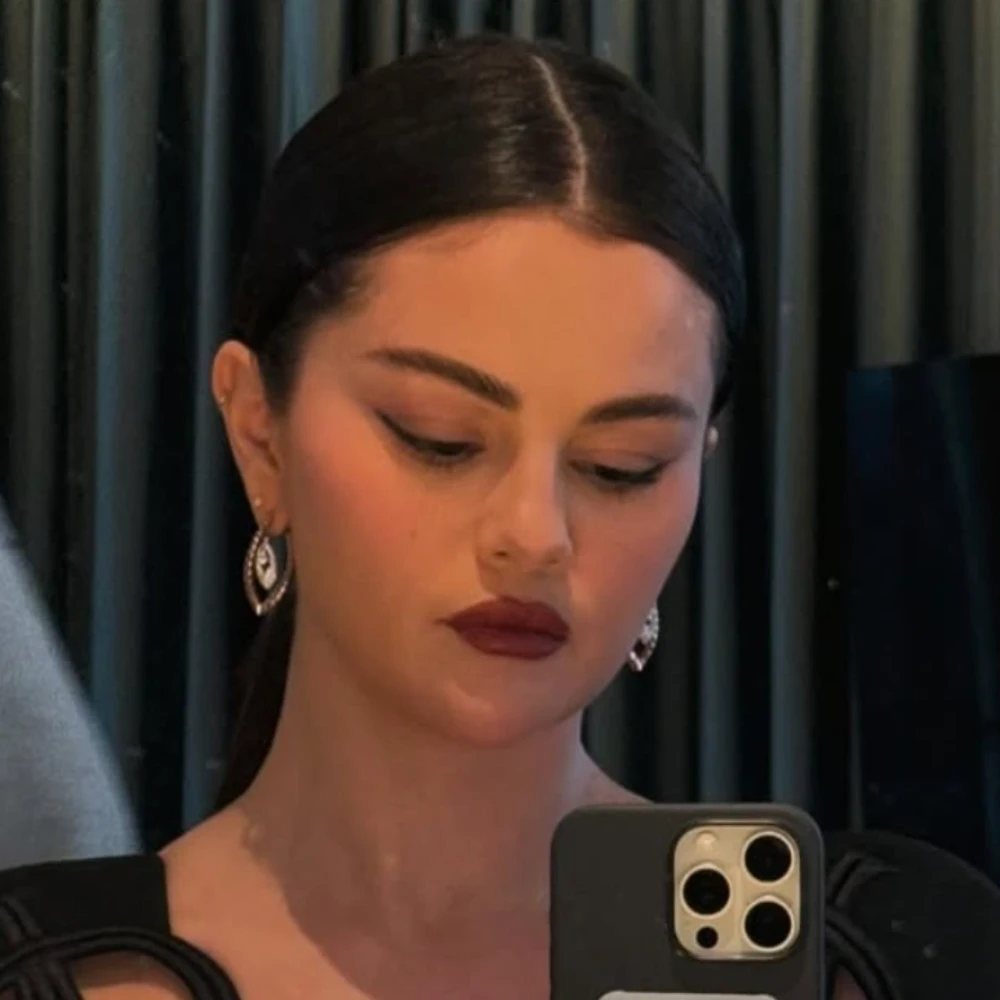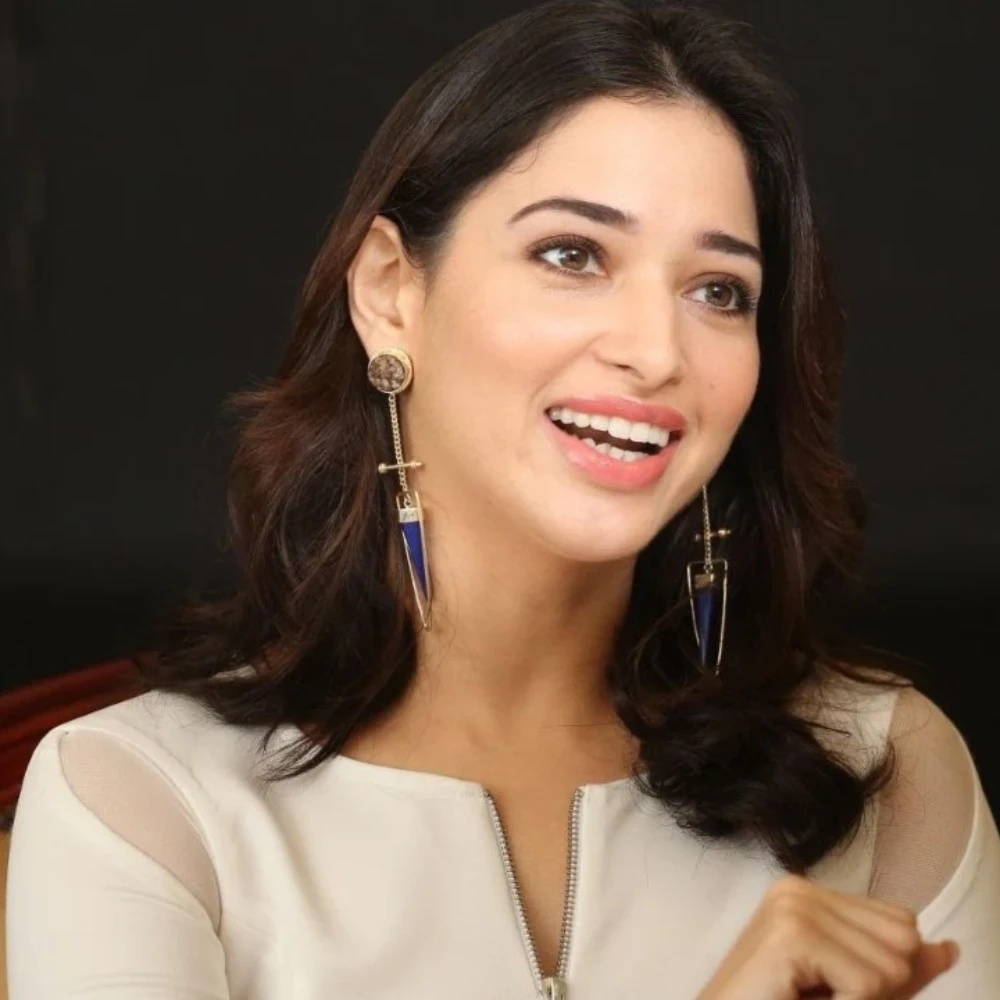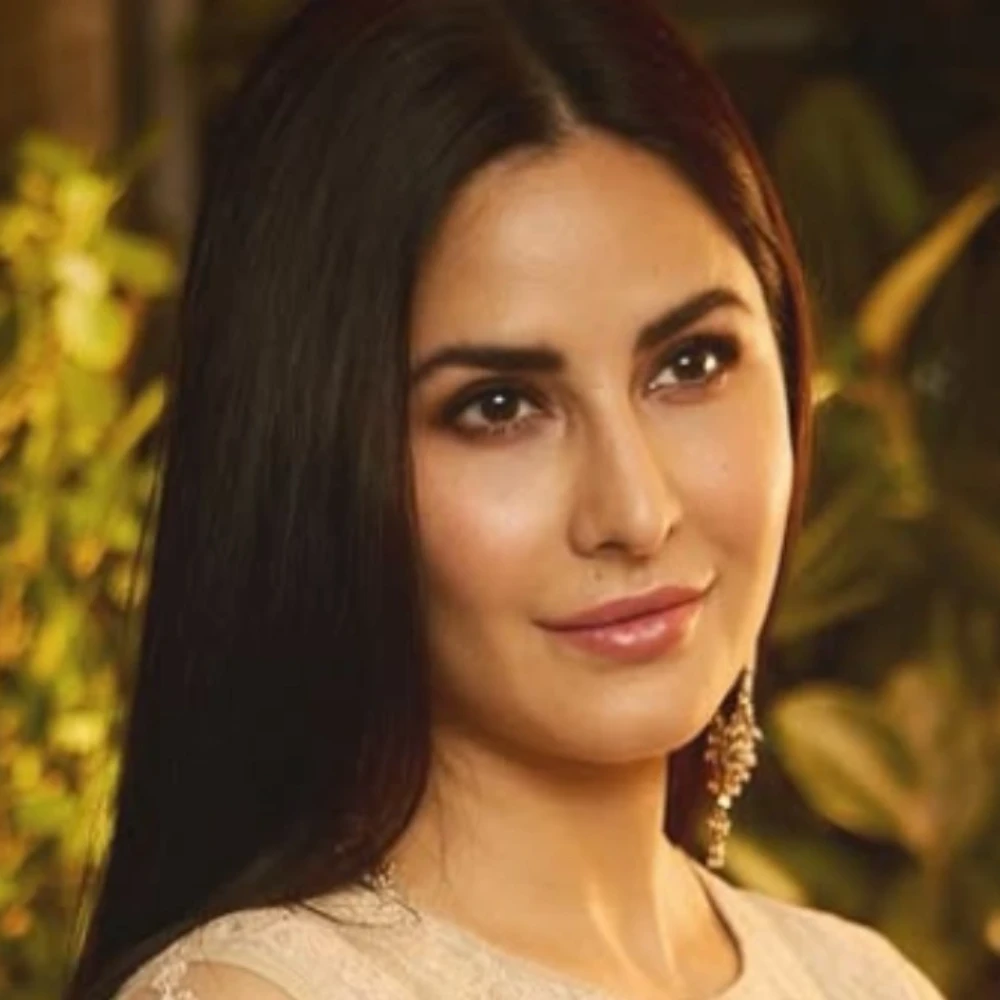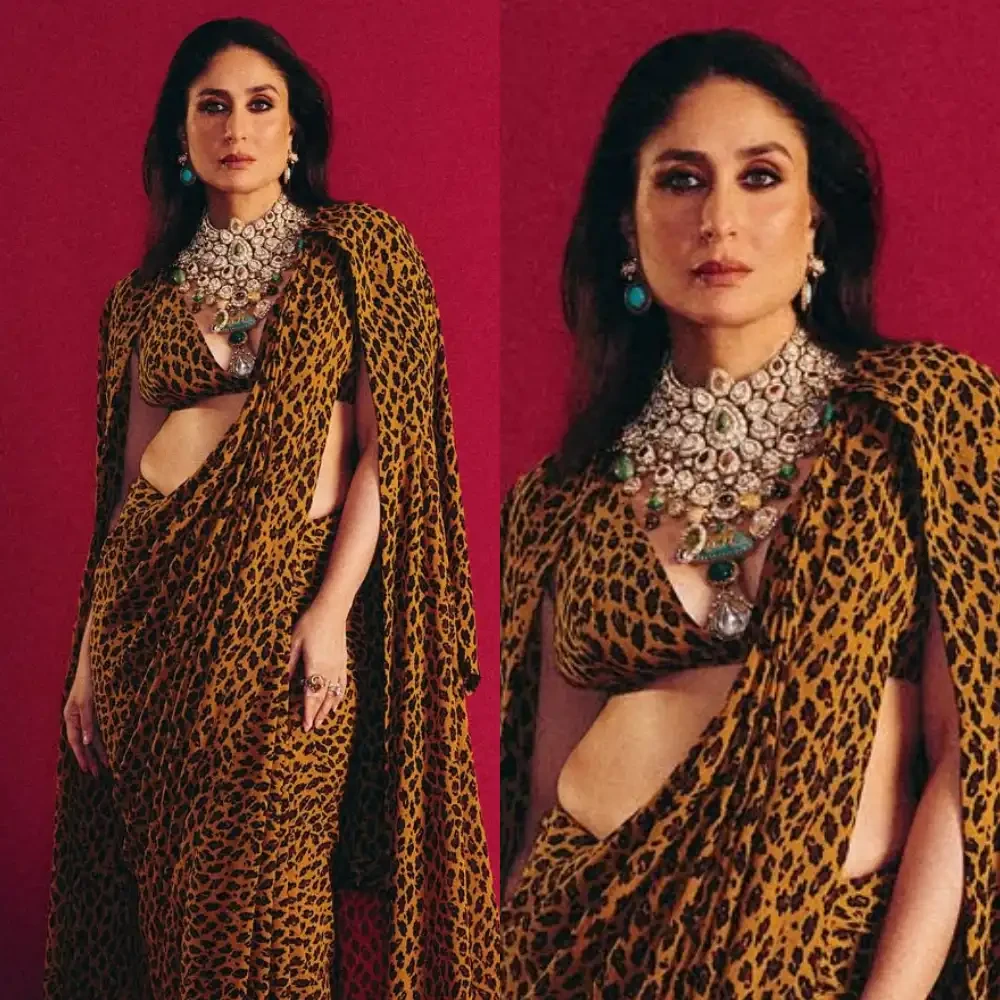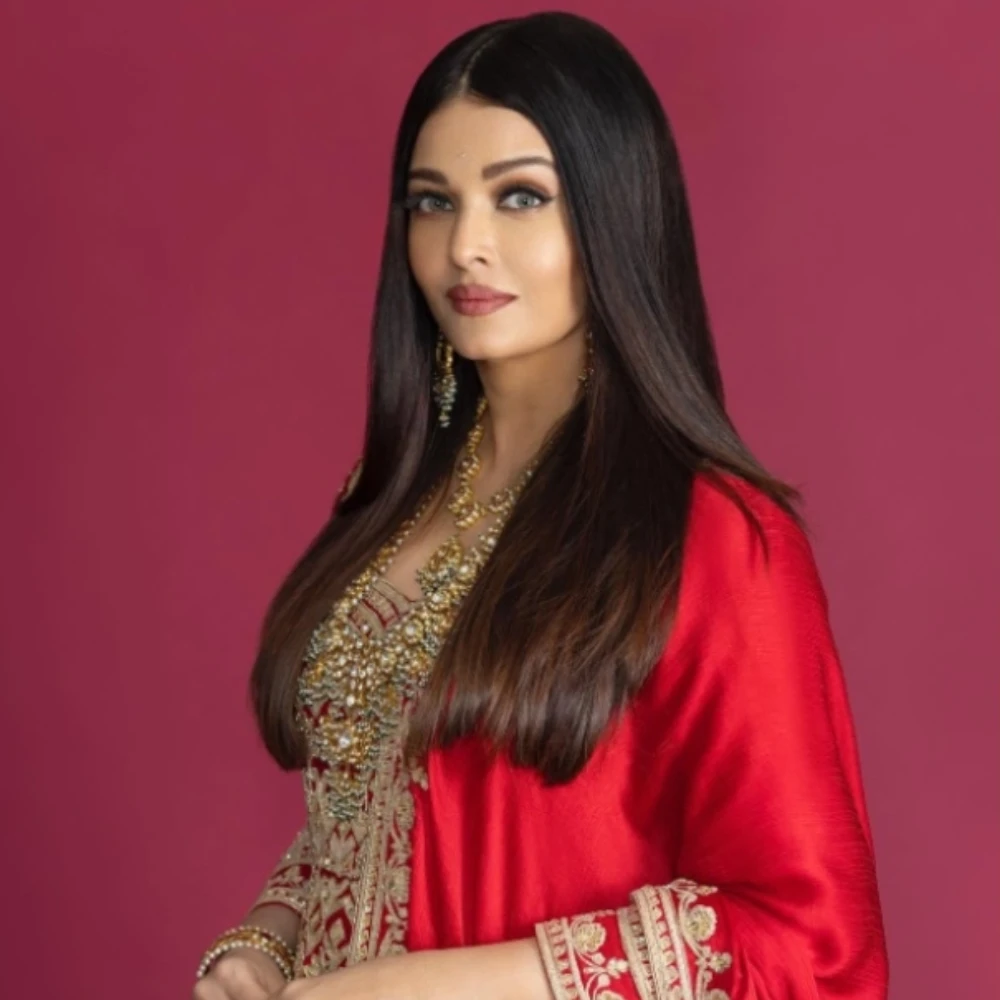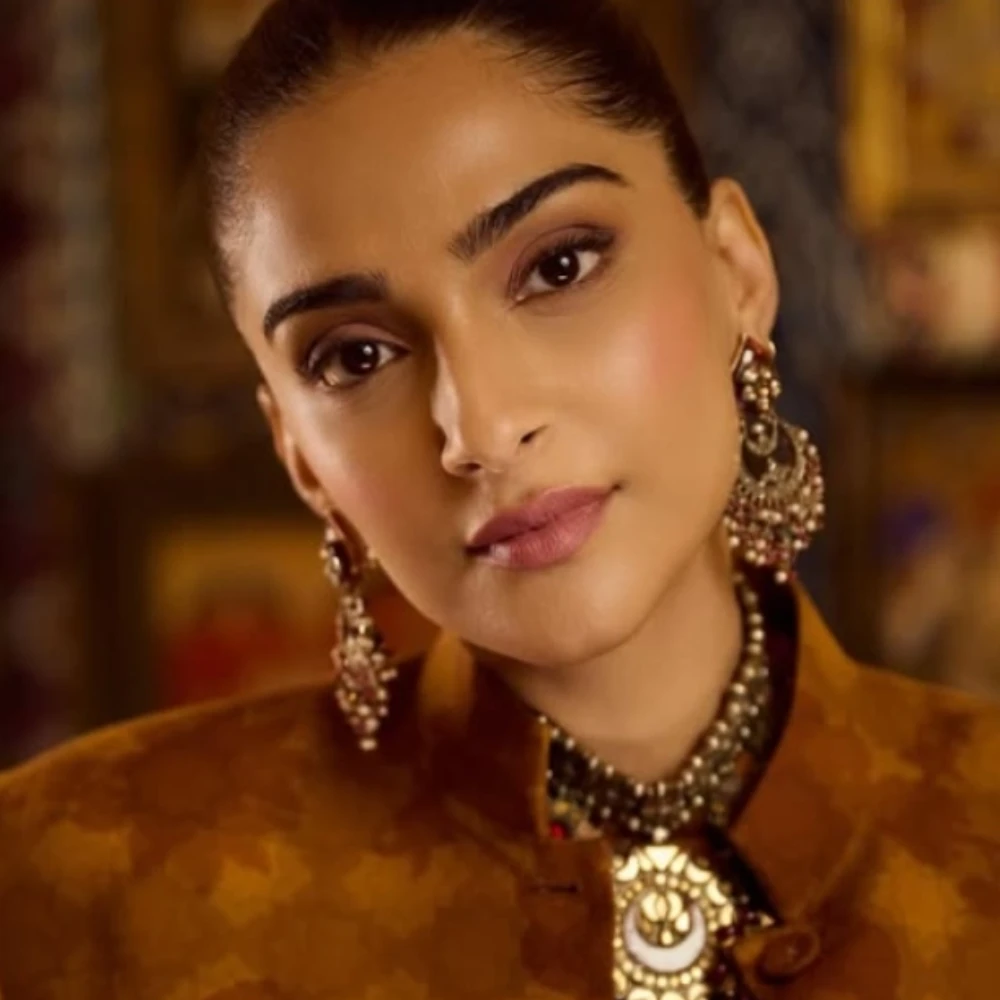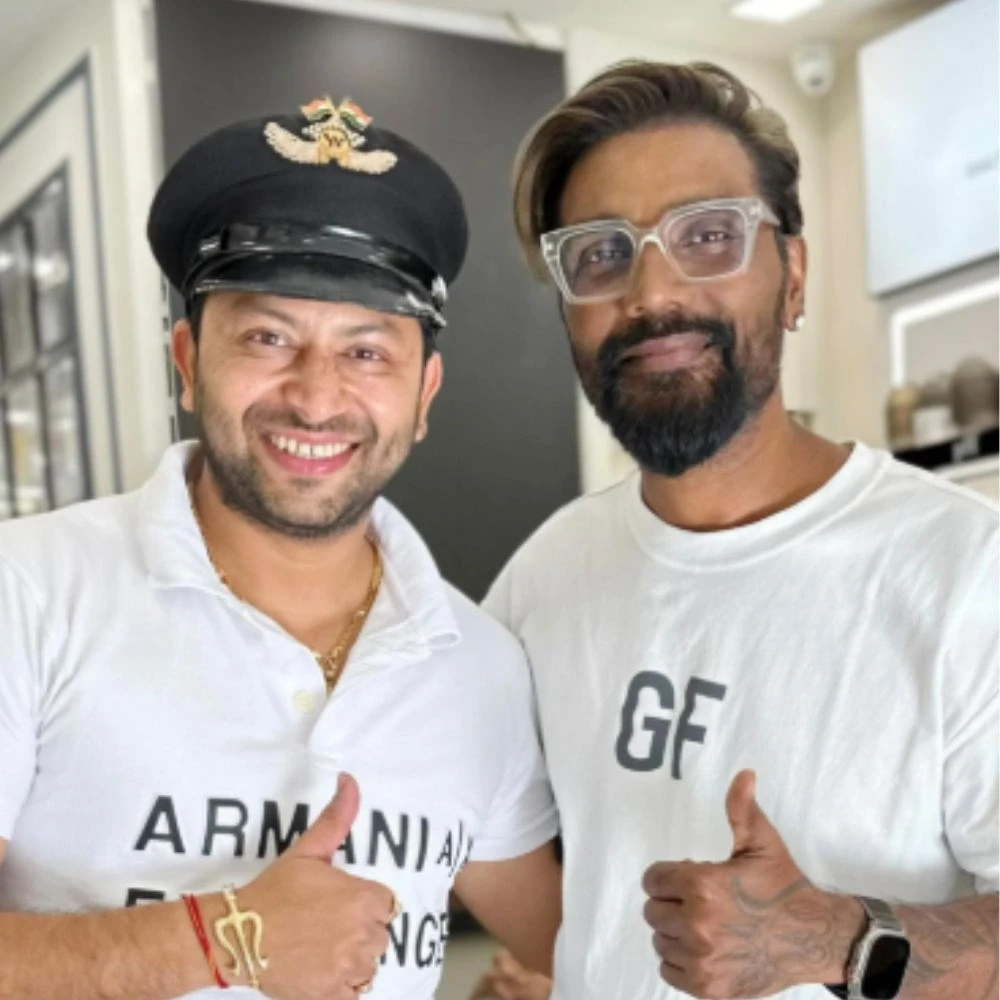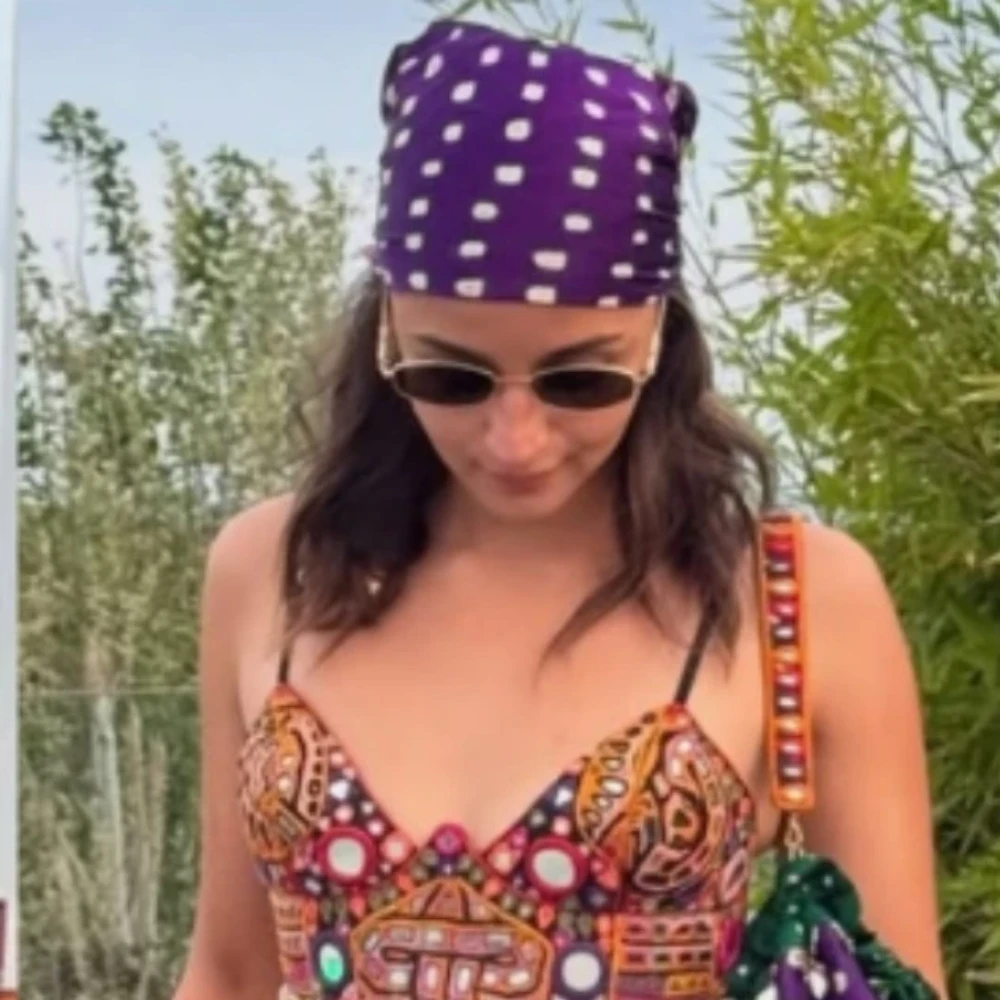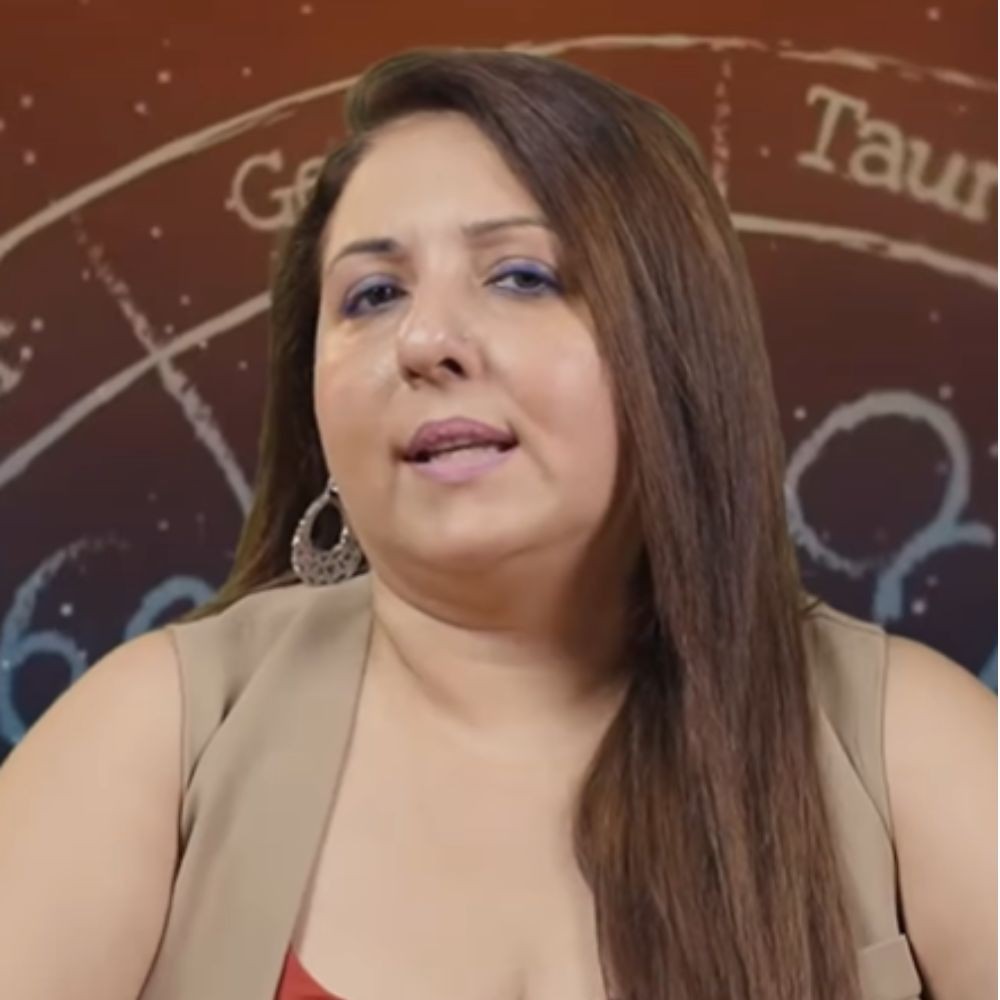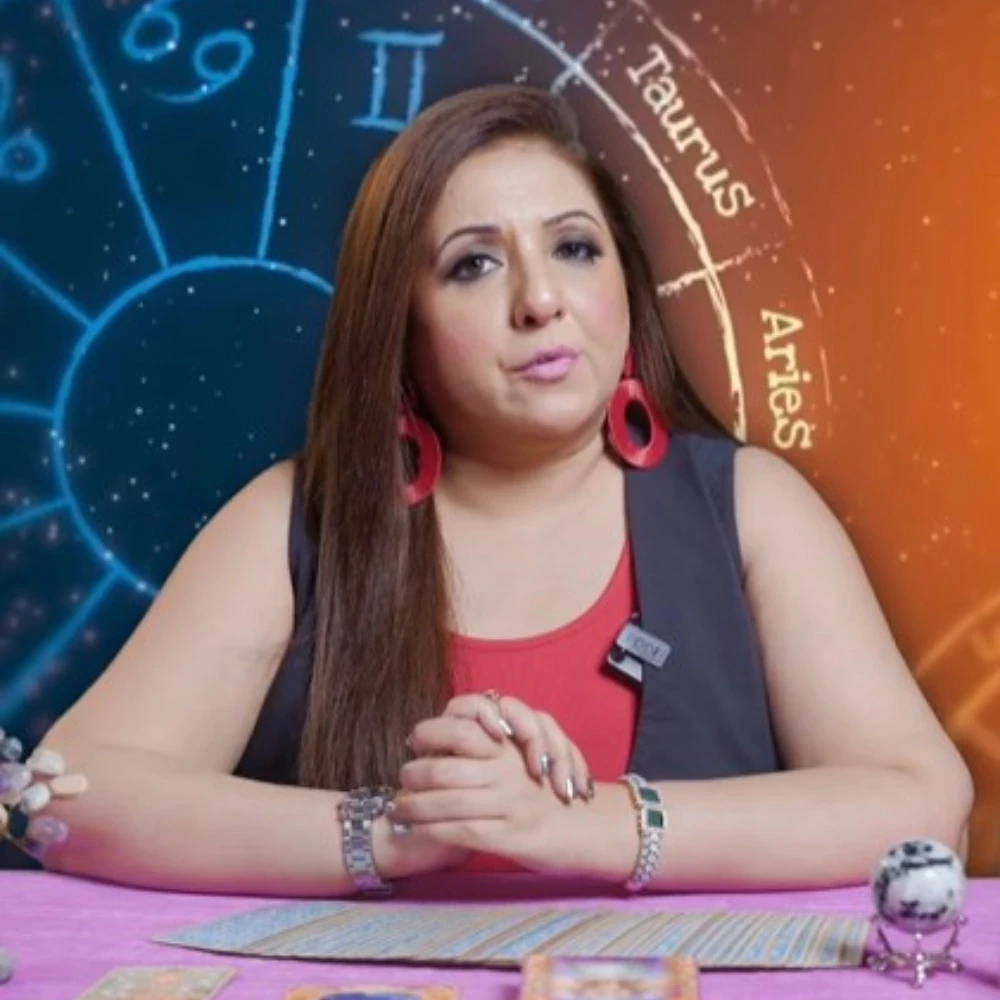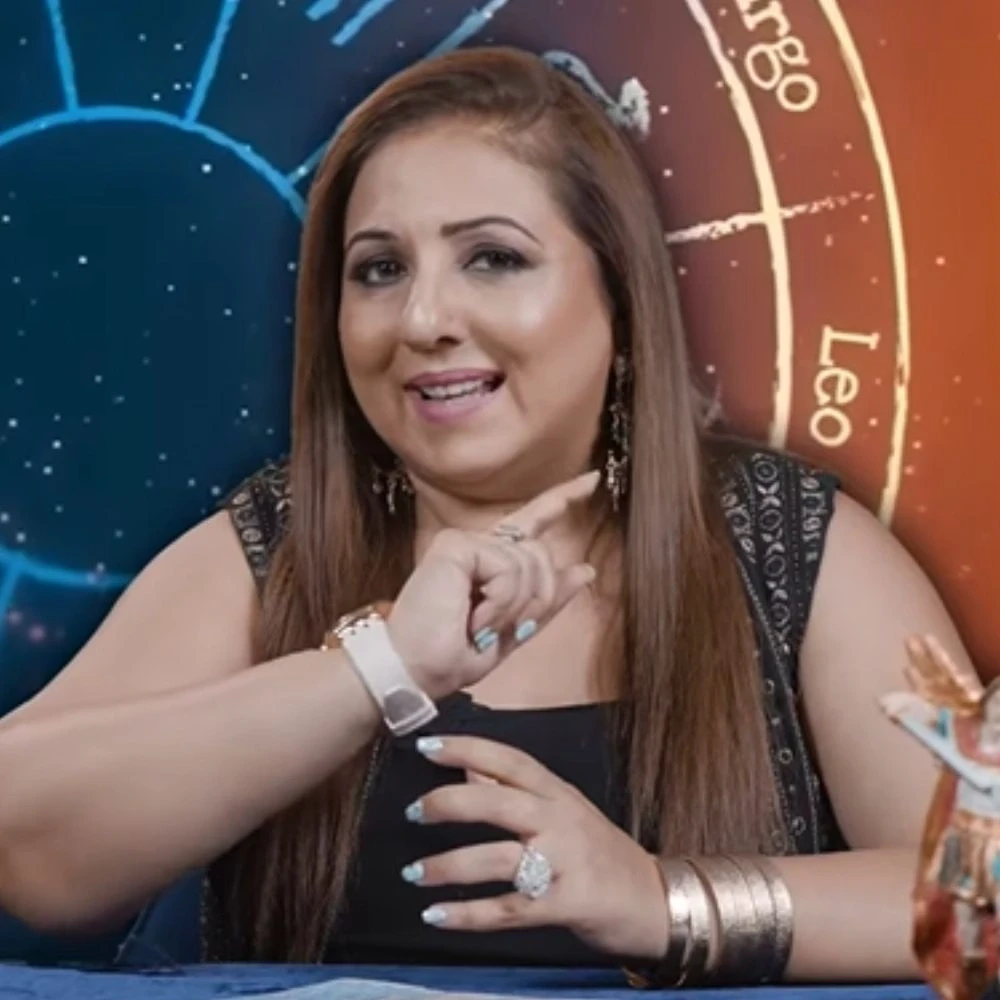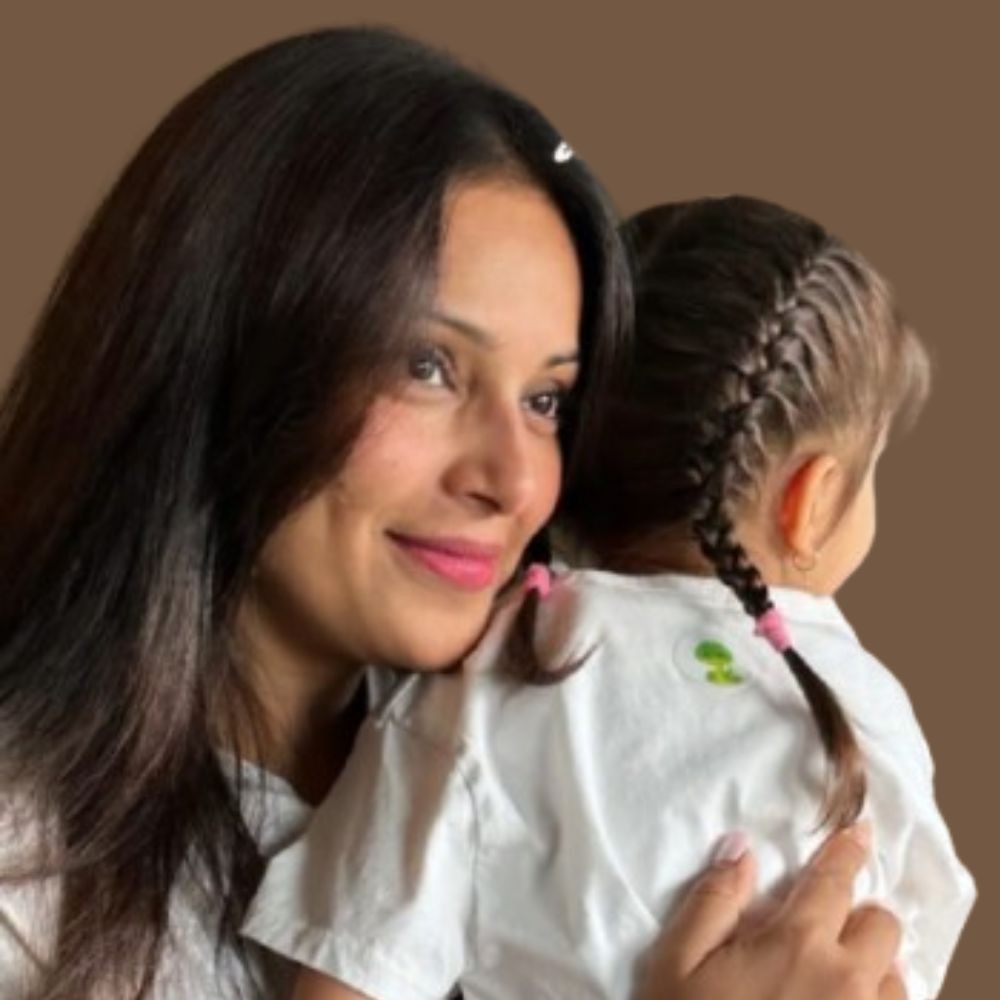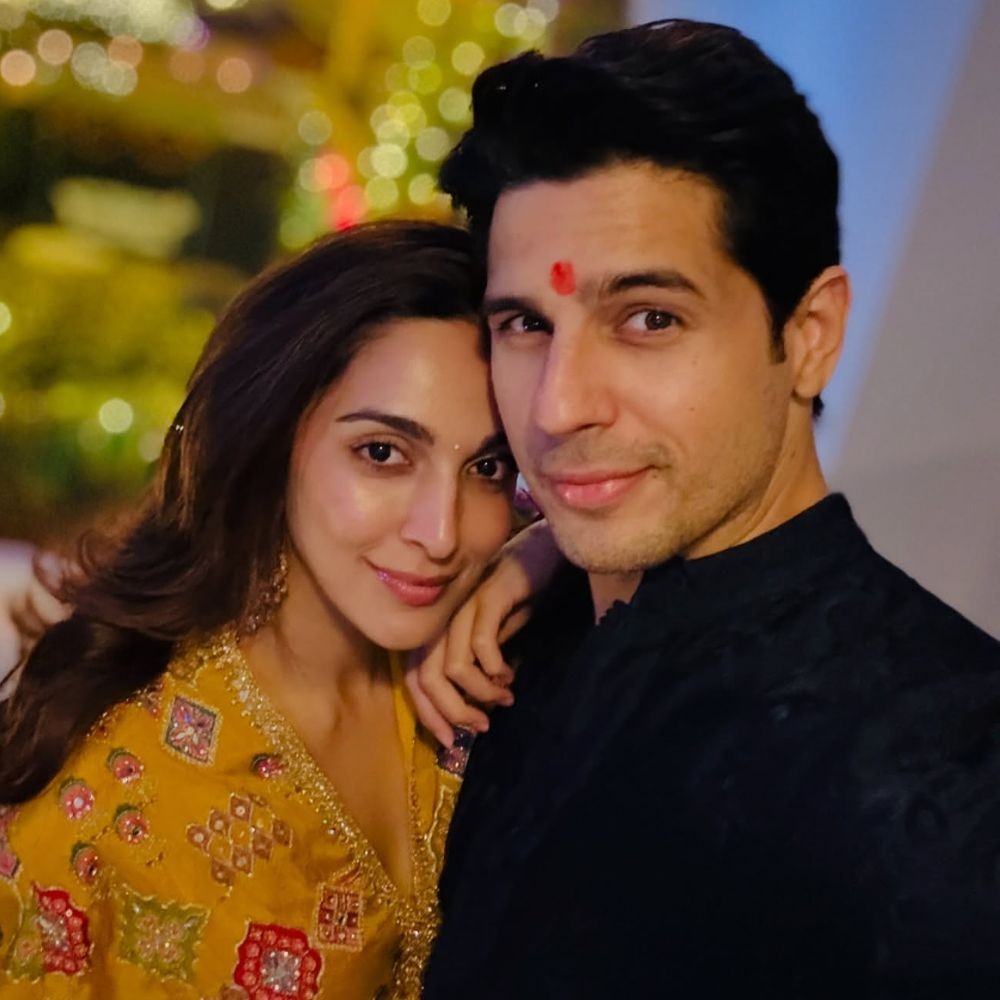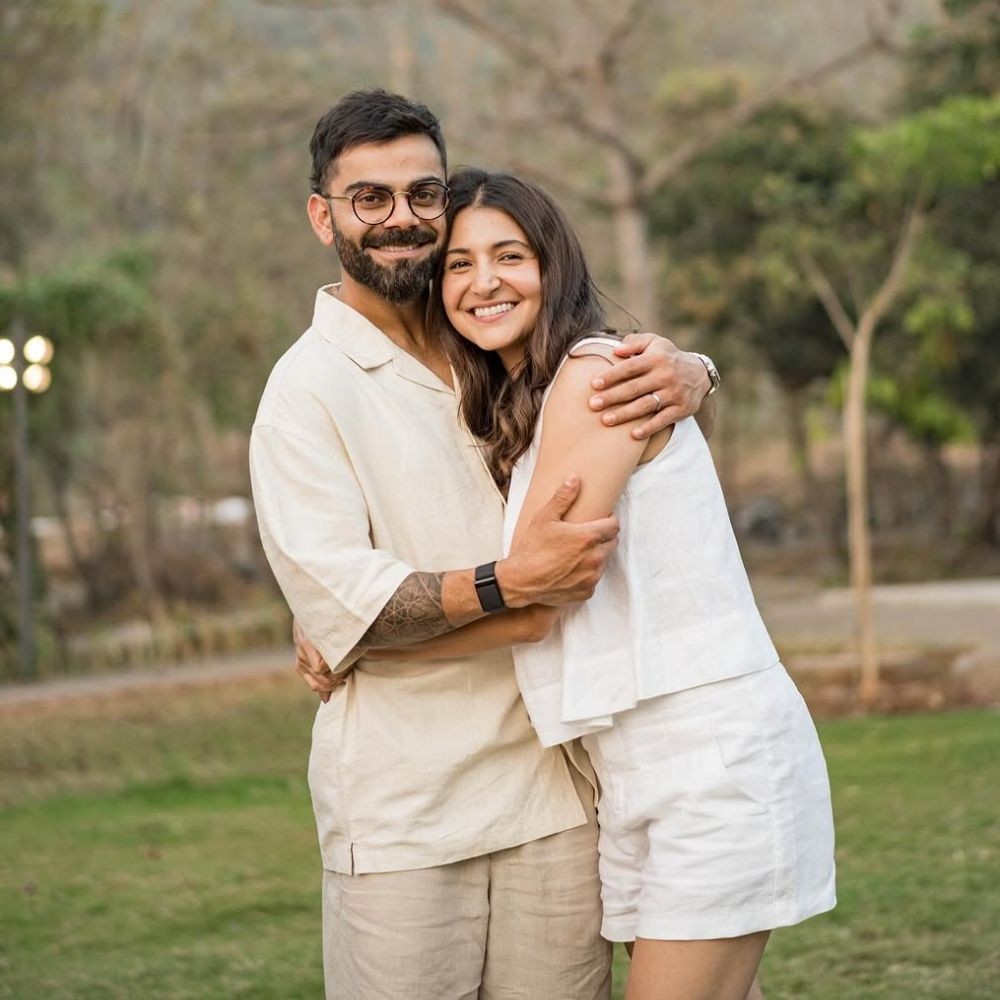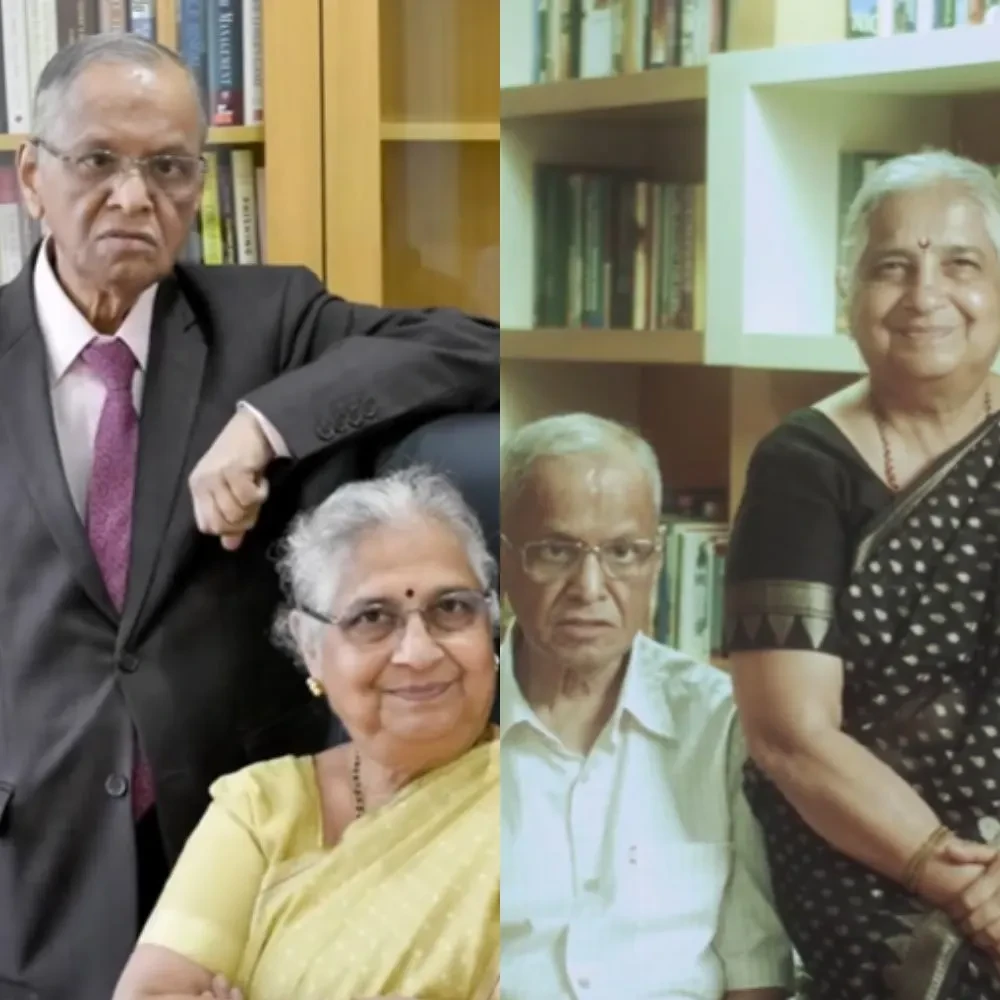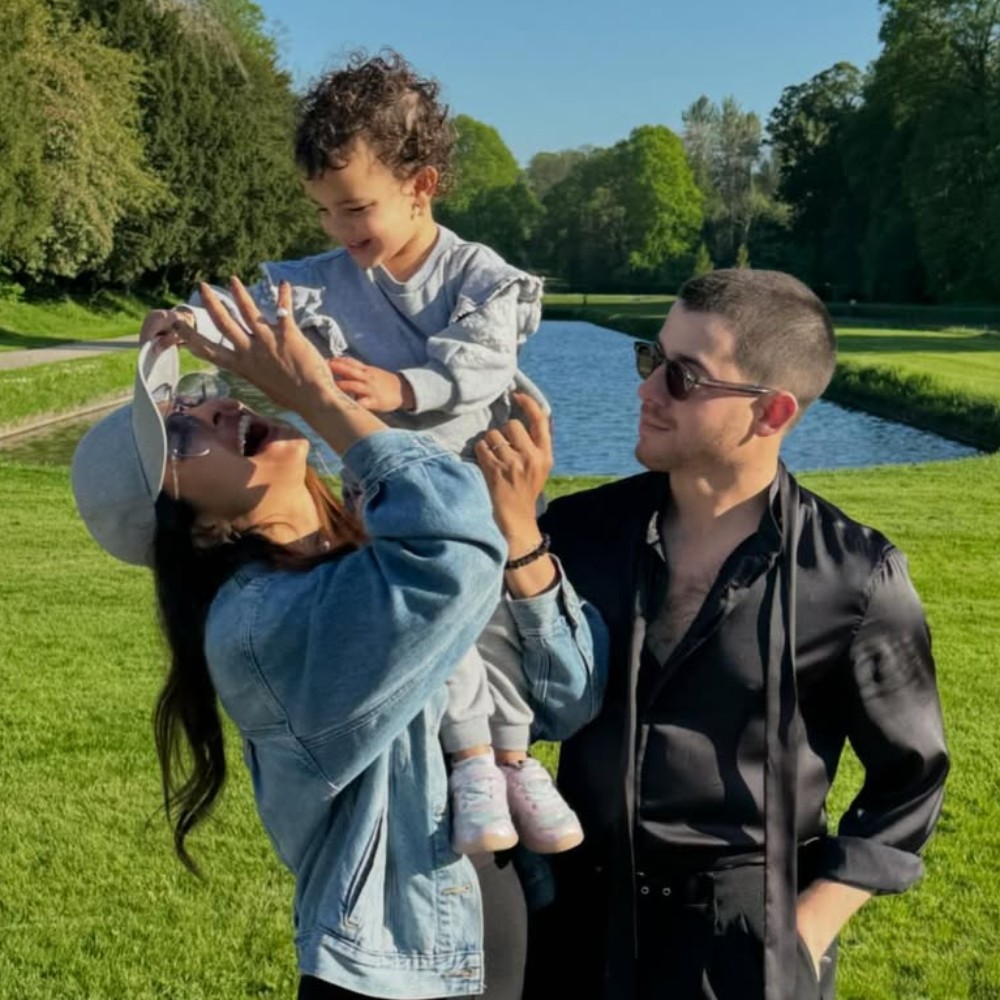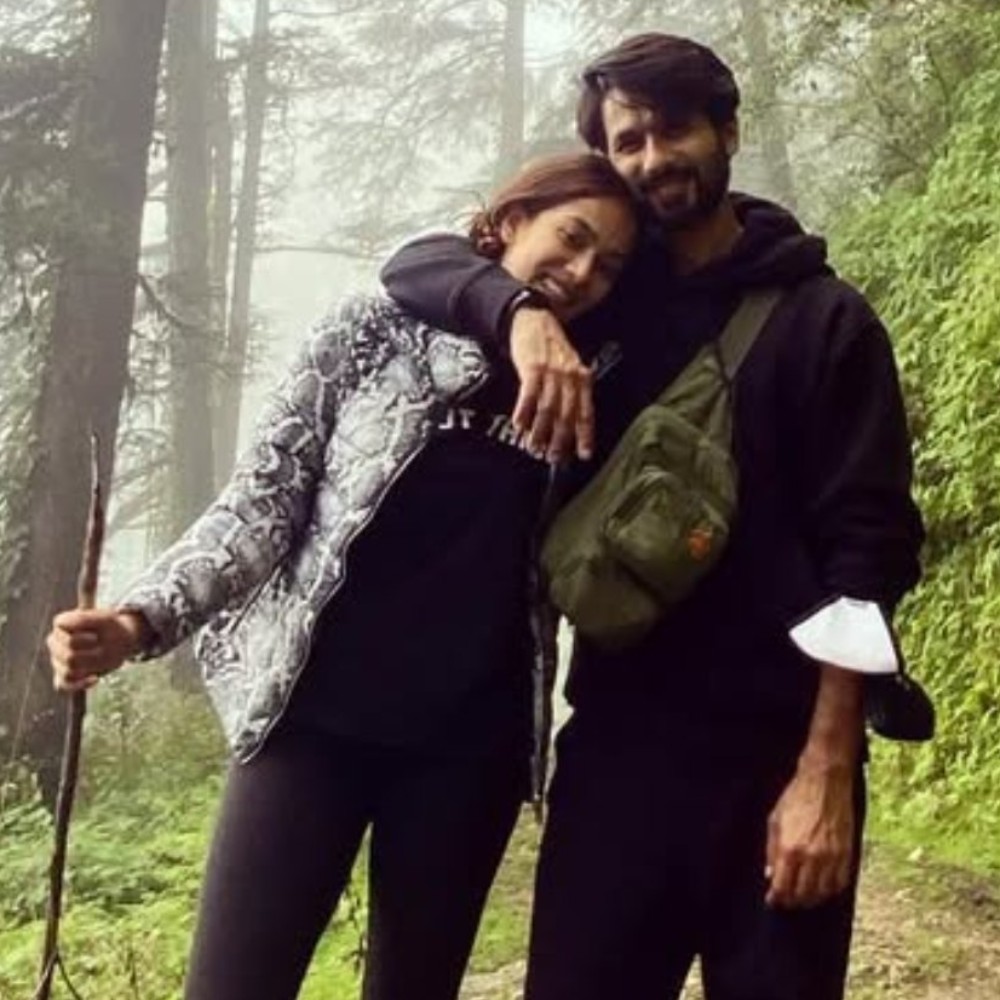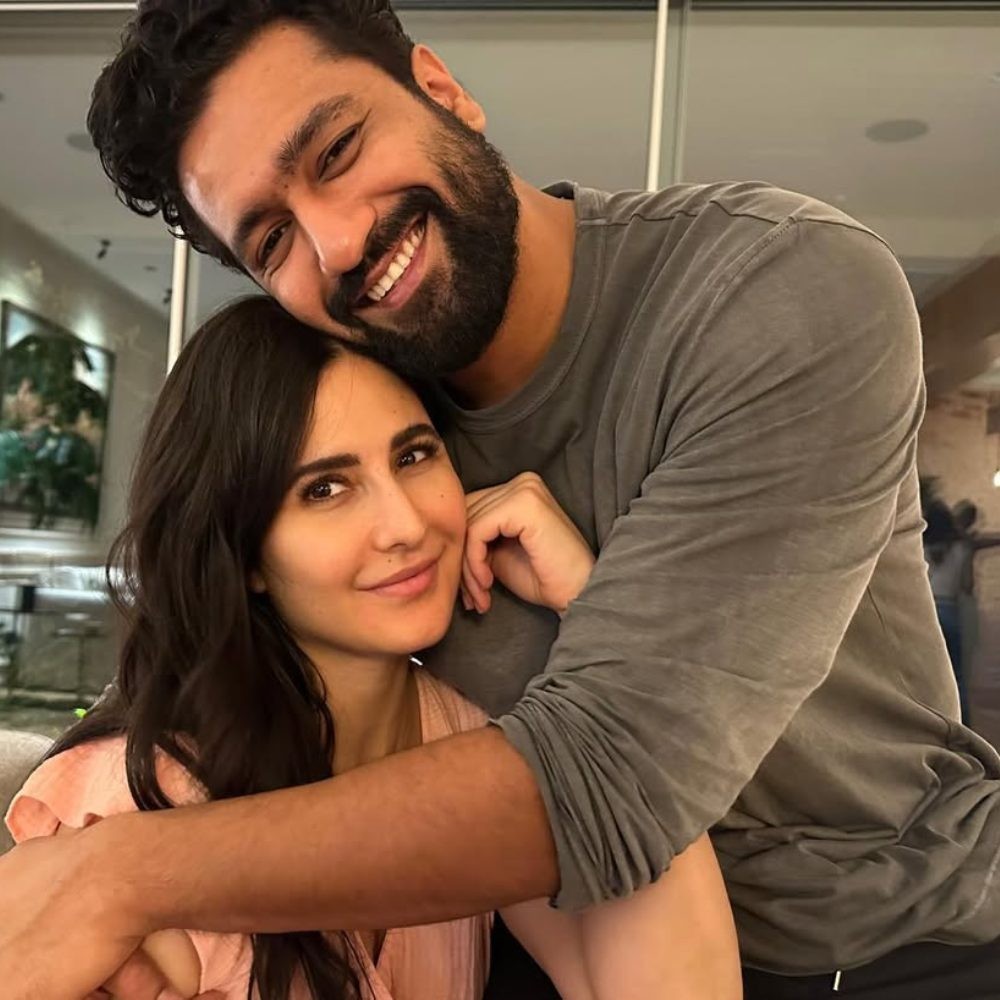Exploring Various Types of Relationships: A Comprehensive Guide
Explore diverse types of relationships—from romantic love to familial bonds and friendships. Learn about various human connections and their dynamics.

In the big theater of life, the key roles are frequently played not by people but by the ties that link us. Various types of relationships fascinate the secret of human connections and concentrate on the subtle relationship that defines our lives. Whether we're talking about the ignited spark of passion, the soothing embrace of family bonds, or the unshakable support of our closest friends, it's the intricate web of intimate relationships that creates the colorful image of our lives. We'll discover the profound secrets of human connection on this voyage that is worth digging into.
Consider this your handbook, a road plan for navigating the path of complex emotions, attachments, and relationships that define us as humans, whether you're a psychology expert or simply someone trying to understand better the complicated psychology underlying different sorts of relationships in your life. So, buckle your emotional seatbelts as we begin on a rollercoaster ride through the relationships where psychology will serve as the leading light, revealing the route to greater understanding, stronger connections, and more honoring existence.
The Meaning And Importance of Relationships
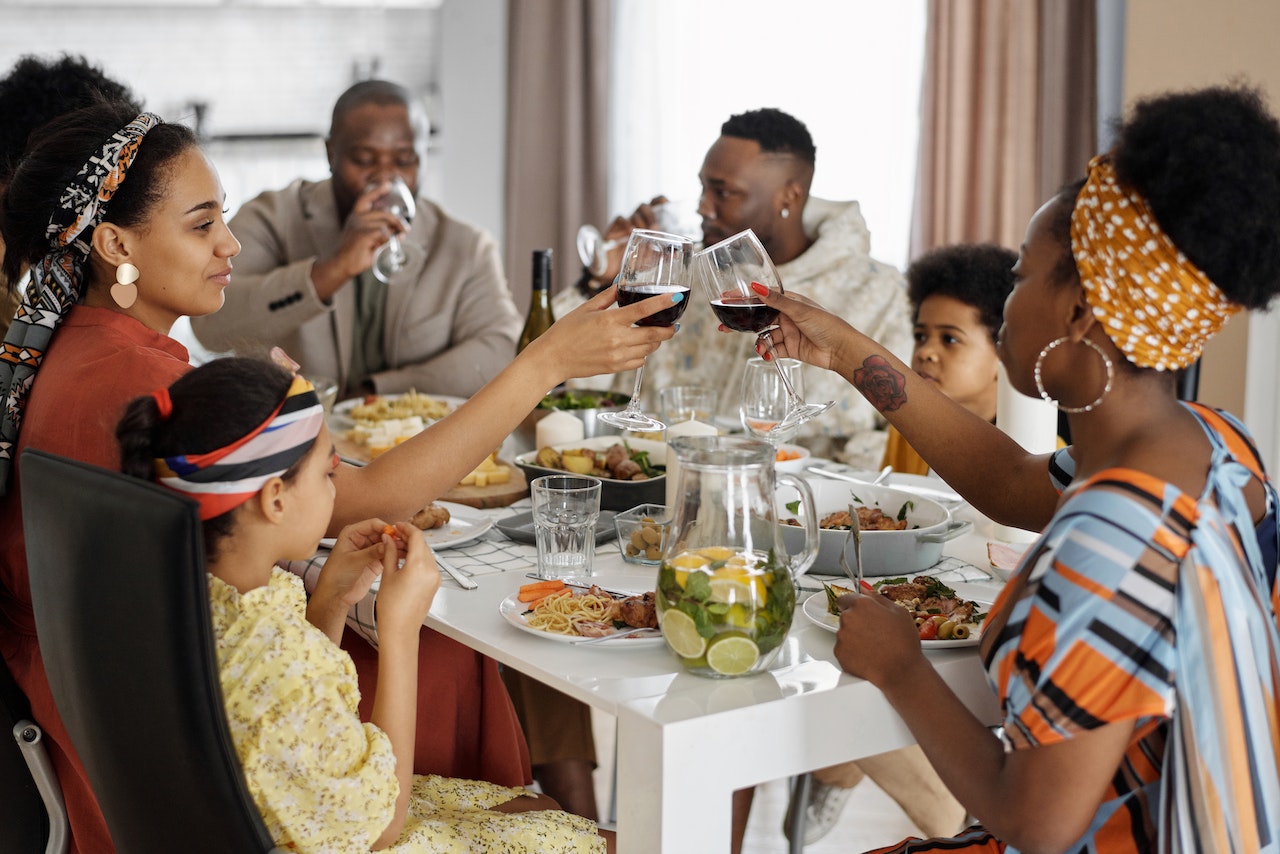
At its essence, a relationship is a profound connection that two or more individuals share. It's a unique bond beyond mere interactions, weaving together emotions, experiences, and understanding. It means entering a realm where we choose to share our lives, thoughts, and feelings with someone else, creating a tapestry of connections that shape our journey.
In the realm of psychology, platonic relationships become even more intriguing. There are different types of relationships that psychologists study and explore, each with its dynamics and nuances. From the unconditional bonds of family ties to the camaraderie of friendships and the passionate enthusiasm of romantic love, relationship dynamics come in many shades and hues.
Speaking of romance, there's the captivating dance of romantic love, where hearts flutter and emotions run wild. This can evolve into a sexual relationship, adding an intimate dimension that further deepens the connection. But being in a relationship means more than just the romantic and physical aspects. It's about mutual respect, support, and a shared journey through life's ups and downs.
So, let's break it down further: What does it mean to be in a relationship? It means being there for someone, even on the darkest days. It means celebrating their triumphs and standing by them during their struggles. It's about building a foundation of trust, communication, and understanding that sustains the connection through thick and thin.
In the vast landscape of love, there are countless types of relationships. From romantic partners who share a passionate bond to the enduring connections between siblings, the unbreakable ties between parents and children, and the irreplaceable friendships that light up our lives. Each type brings its unique blend of emotions and interactions.
Therefore, the psychology of types of relationships is the heartbeats of life. They give us purpose, a sense of belonging, and the joy of shared moments. So, whether it's the spark of a romantic flame, the comfort of family, or the companionship of friends, every relationship type weaves a chapter into our life story, adding depth, meaning, and a tapestry of human connection.
Exploring the Types of Relationships And the Beautiful Tapestry of Human Connections
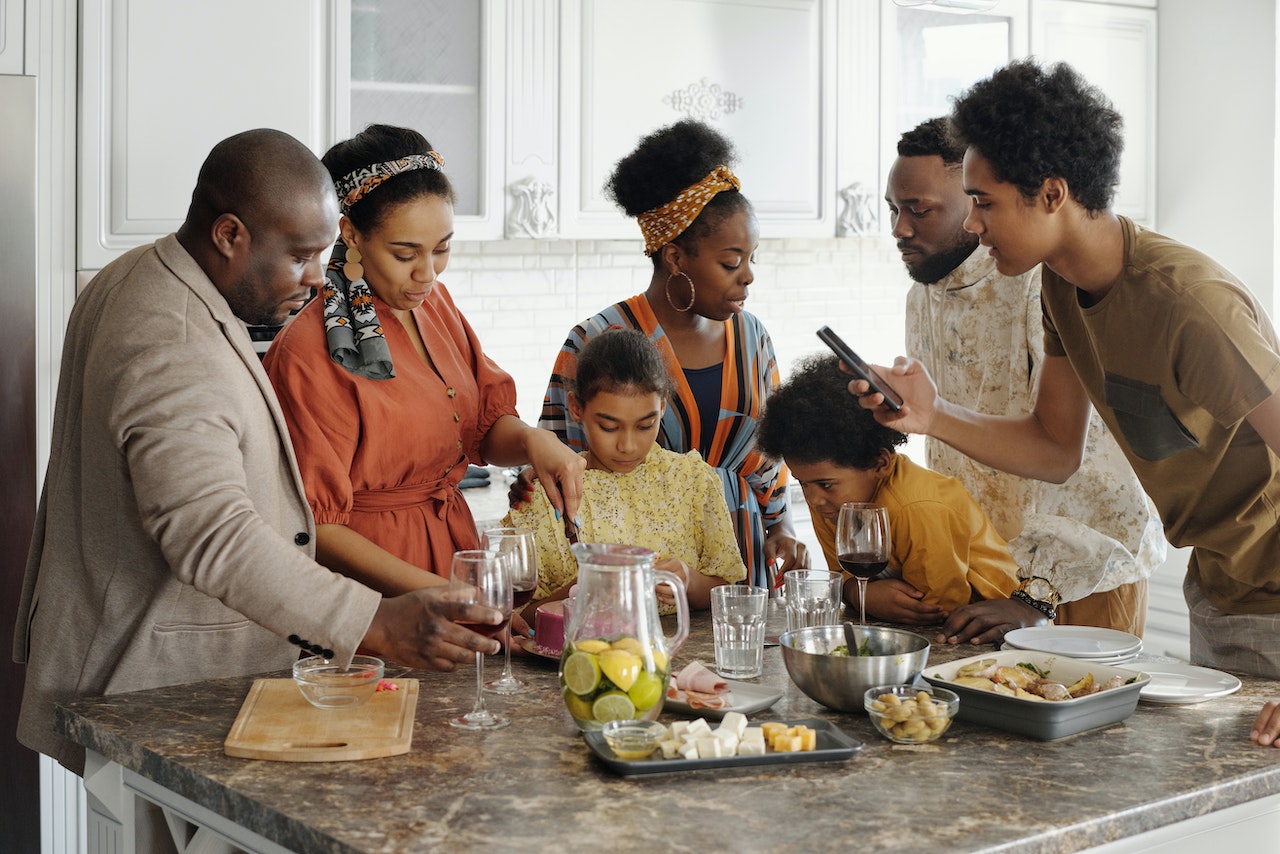
Relationships play distinct roles and can have different levels of closeness and emotional intimacy.
1. Family Relationships

These are the bonds formed within a family unit. They include familial relationships between parents, siblings, grandparents, aunts, uncles, and cousins. Family relationship values are often characterized by strong emotional ties and a sense of obligation to support and care for one another.
2. Friendships

Friendships are mutual interactions developed among those with similar interests, values, or experiences. Friends provide emotional support, companionship, and a feeling of purpose. Friendships can range from casual acquaintances to lifelong relationships.
3. Professional Relationships
These are relationships formed in the workplace or professional settings. They include positive relationships with colleagues, supervisors, clients, and mentors. Professional relationships are often based on mutual respect, collaboration, and shared goals.
4. Acquaintanceships

These are casual relationships with people you know, but they are not necessarily close friends. Acquaintanceships can be formed through social gatherings, work, or common activities. They may involve polite conversation and occasional interaction.
5. Online Relationships
In today's digital age, it's a basic type of relationship online through social media, online forums, or dating apps. While these interpersonal relationships may begin in a virtual space, they can become meaningful and even transition to in-person connections.
6. Counseling Or Therapeutic Relationships

People may form relationships with counselors, therapists, or mental health professionals to address emotional, psychological, or personal challenges. These types of relationships can be built on faith and confidentiality.
7. Neighborly Relationships
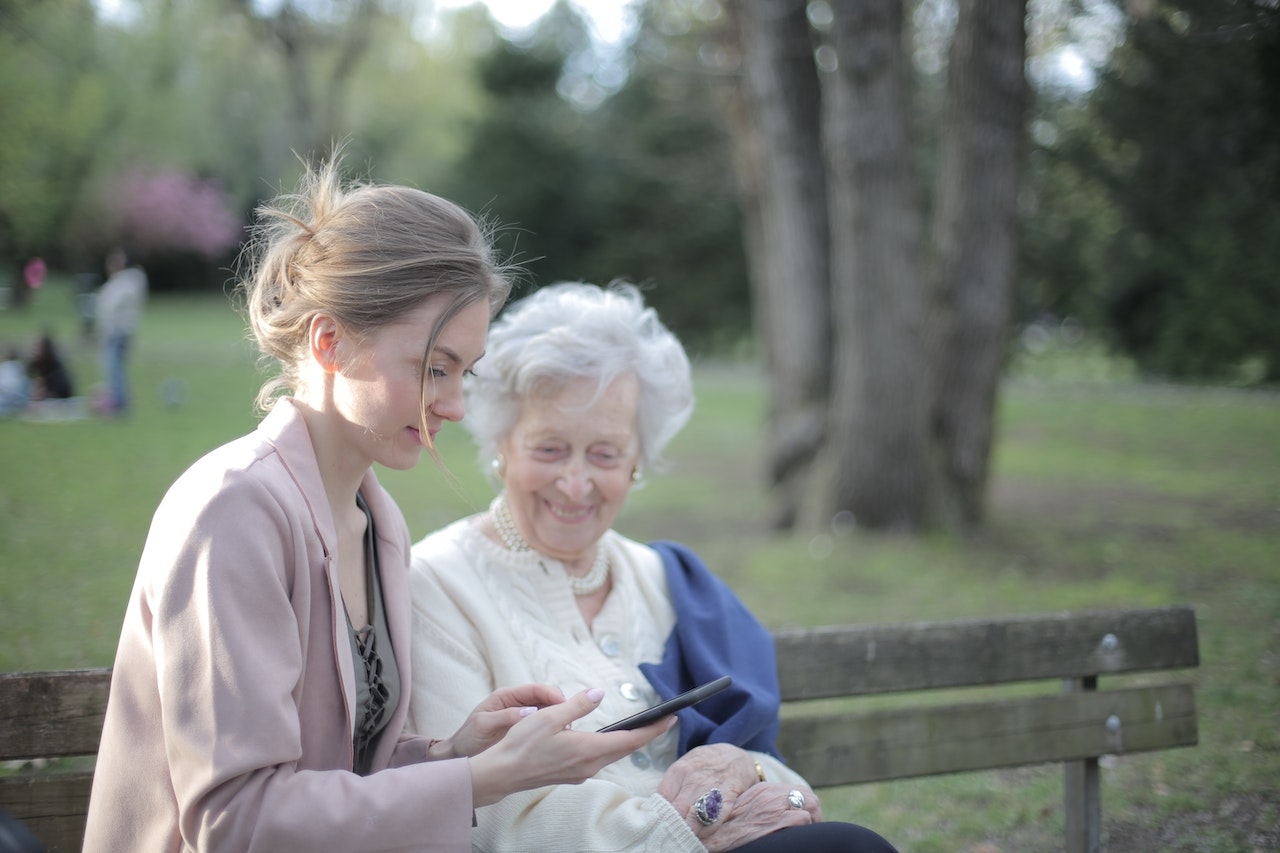
Neighbors often develop relationships based on proximity. These relationships can range from casual waves and polite greetings to close friendships, with neighbors providing support and a sense of community.
8. Community And Social Relationships
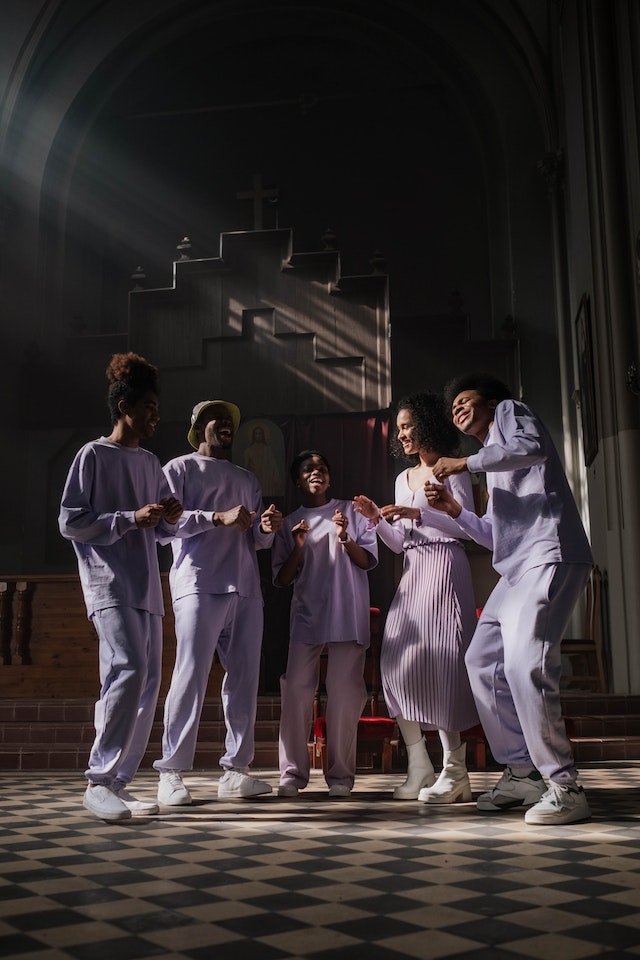
People form relationships within their communities and social circles, such as church groups, sports teams, or hobby clubs. These relationships can provide a sense of belonging and shared interests.
9. Parent-Child Relationships

These relationships are unique and central to human development. Parents provide love, guidance, and care to their children, while children depend on their parents for support and nurturing.
10. Marriage Or Partnership

Marriage or committed partnerships involve a legal and emotional commitment between two individuals. These romantic connections often entail shared responsibilities, financial arrangements, and a vision for the future.
11. Enemy Relationship

An enemy relationship is a hostile and adversarial connection between individuals or groups. It is characterized by mutual dislike, distrust, and often conflict. Examples of these toxic relationships can include feuds between rival gangs, political adversaries, or individuals who have had significant battles and hold grudges against each other.
12. Self-relationship

Self-relationship is a unique and crucial connection involving a person's relationship with themselves. It encompasses self-awareness, self-acceptance, self-care, and self-love. Being in a healthy self-relationship consists of understanding and nurturing one's own physical, emotional, and psychological well-being. This relationship forms the foundation for all other connections and is essential for personal growth and well-being.
Each type of relationship offers distinct experiences, benefits, and challenges. People often navigate a combination of these relationships throughout their lives, each contributing to their social and emotional well-being.
What is a Romantic Relationship?
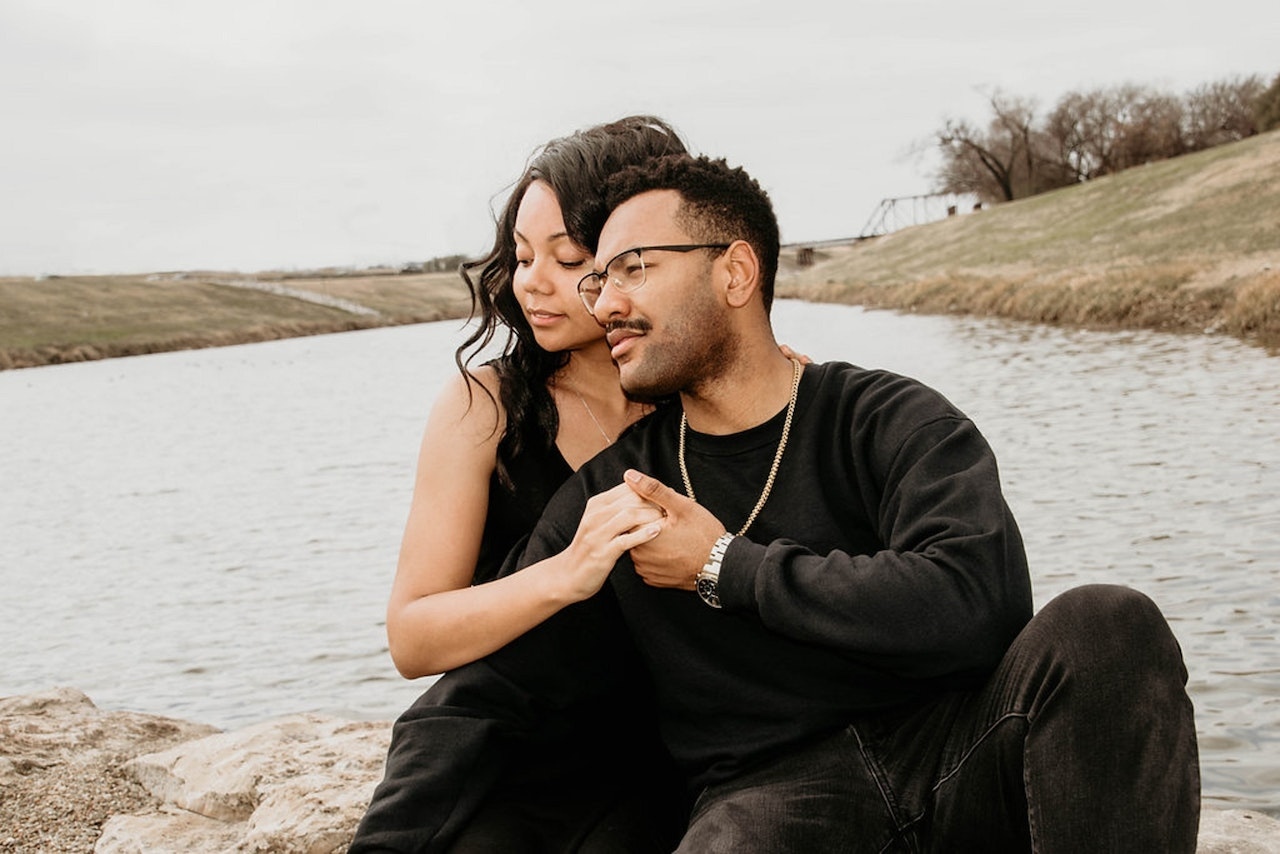
A romantic relationship is an intimate, emotionally connected, and often physically affectionate bond between two people with a deep and special connection. It is marked by love, affection, and a desire for emotional, romantic, and sometimes sexual attraction. These relationships can encompass various types and dynamics, reflecting the diverse ways people experience and express romantic love.
Types of Love Relationships
1. Long-term Commitment

These relationships are characterized by a deep commitment to each other's well-being and a shared vision of the future. They often lead to marriage or lifelong partnerships.
2. Passionate Love

In passionate monogamous relationships, intense chemistry and physical attraction are predominant. A strong desire for one another fuels these connections and is often marked by infatuation.
3. Companionship Relationship

Some romantic relationships prioritize emotional support and companionship over passionate intensity. These bonds are built on shared interests, values, and a solid emotional connection.
4. Casual Dating Relationship

Not all romantic relationships are long-term commitments. Casual dating relationships are more relaxed and may not involve the same level of emotional investment. They focus on enjoying each other's company without expecting a long-term future.
5. Unrequited Love

Sometimes, romantic feelings may be one-sided, leading to unrequited love. This can be a challenging romantic relationship where one person has strong feelings for the other, but those feelings are not reciprocated.
6. Open Relationships

Open relationships involve romantic partners who agree to allow some emotional or sexual involvement with others outside of the primary relationship. Communication and boundaries are vital in maintaining these polyamorous relationships.
7. Same-sex Relationships
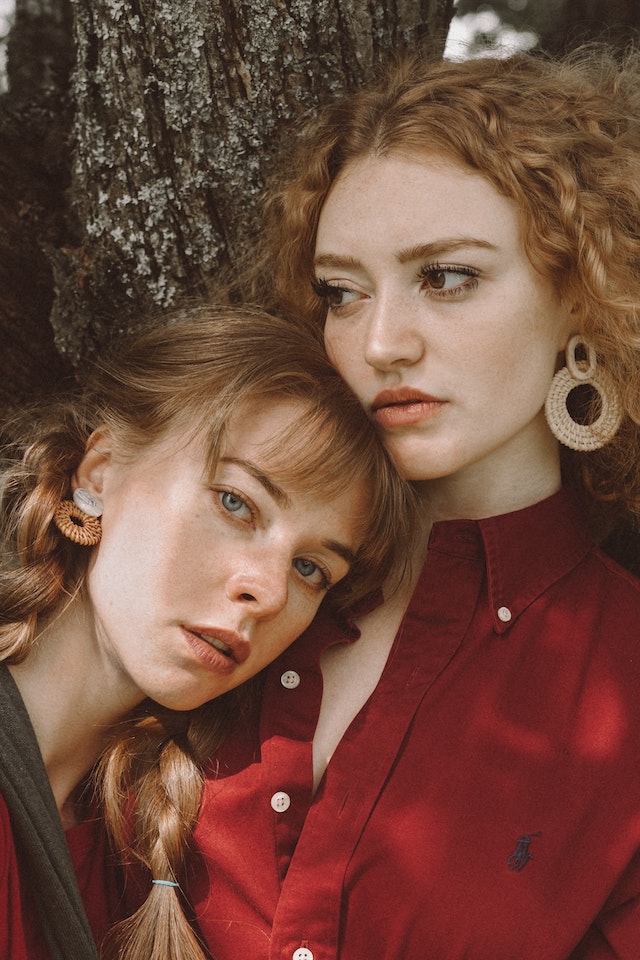
These are romantic attractions between individuals of the same gender. They share the same dynamics and characteristics as heterosexual relationships but may face unique challenges related to societal attitudes and legal recognition.
8. Long-distance Relationships
In long-distance romantic relationships, partners live in different geographic locations. These relationships require extra effort to maintain communication and connection, often through phone calls, video chats, and occasional visits.
9. Interfaith Or Intercultural Relationships

These relationships involve partners from different religious or cultural backgrounds. Navigating differences in belief systems or customs can be a unique aspect of these romantic relationships.
10. Mature Or “Second-chance” Relationships

Some individuals find love later in life or after previous marriages or long-term relationships. These mature or complicated relationships often come with added life experiences and wisdom.
How to Define Your Relationship?
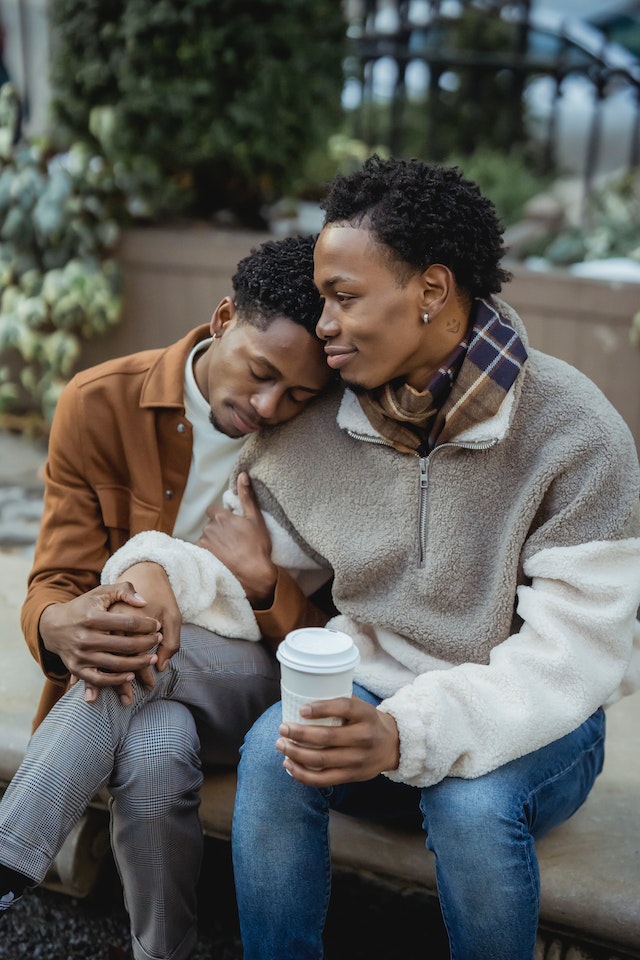
Defining a healthy relationship is like drawing the map of a unique emotional and sometimes physical connection between two people. Think of it as a beautiful, ever-changing story with characters, plot twists, and settings. Much like how there are different types of romantic relationships, like the passionate love story, the steady companionship, or the lifelong commitment, it involves understanding what kind of story you and your partner are crafting together.
Imagine, for instance, you meet someone and start dating. You share your thoughts, dreams, and emotions. You go on adventures, creating memories along the way. That, right there, is a budding relationship. It's like the first chapter of a novel that could lead anywhere—maybe to a passionate love affair where your hearts race at each other's touch, or perhaps to a companionship where you become each other's confidants and support systems.
It means acknowledging the unique blend of emotions you share. It's about realizing that this connection isn't just another chapter; it's becoming a central part of your life's story. You find that you're in a relationship with someone who makes your heart skip a beat or provides the comfort and understanding you've sought. It's like discovering a new book genre where you're both the authors, and you're crafting this narrative together.
But remember, there's no one-size-fits-all definition of a perfect relationship. It's as unique as the individuals involved. Some relationships are passionate and intense, while others are steady and comforting. Some relationships involve deep commitment, and those that are more relaxed. Each is a story of its own.
Conclusion
The realm of types of relationships is a vast and diverse tapestry of emotions and experiences that shape our lives. These bonds offer a mirror to see ourselves, a canvas to paint our dreams, and a safety net to catch us when we fall. As we navigate this intricate web of connections, we must cherish the love, support, and understanding that each committed relationship brings. Nurture, invest in, and let them flourish as they bring happiness and the essence of what it means to be human.





 JOIN OUR WHATSAPP CHANNEL
JOIN OUR WHATSAPP CHANNEL

